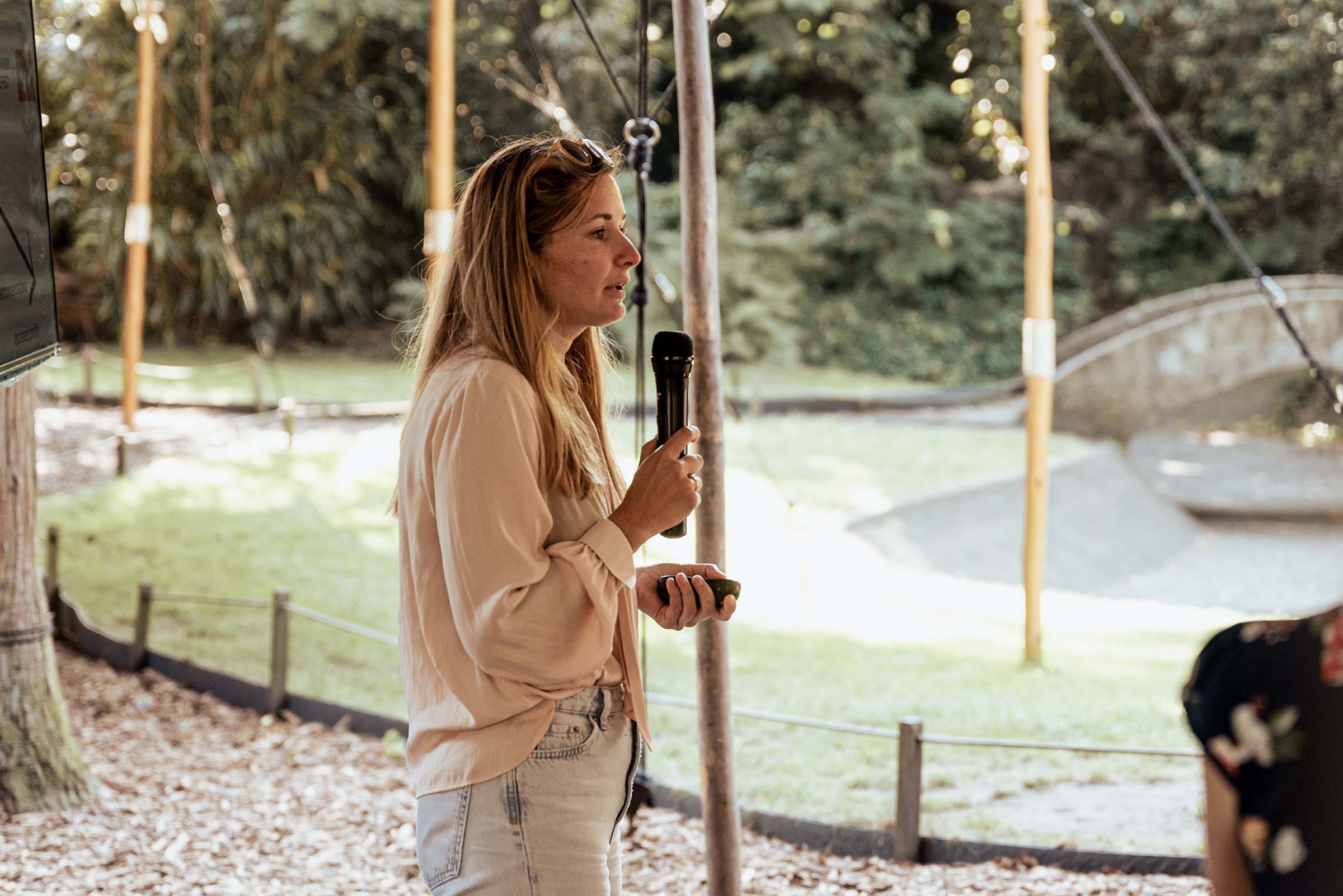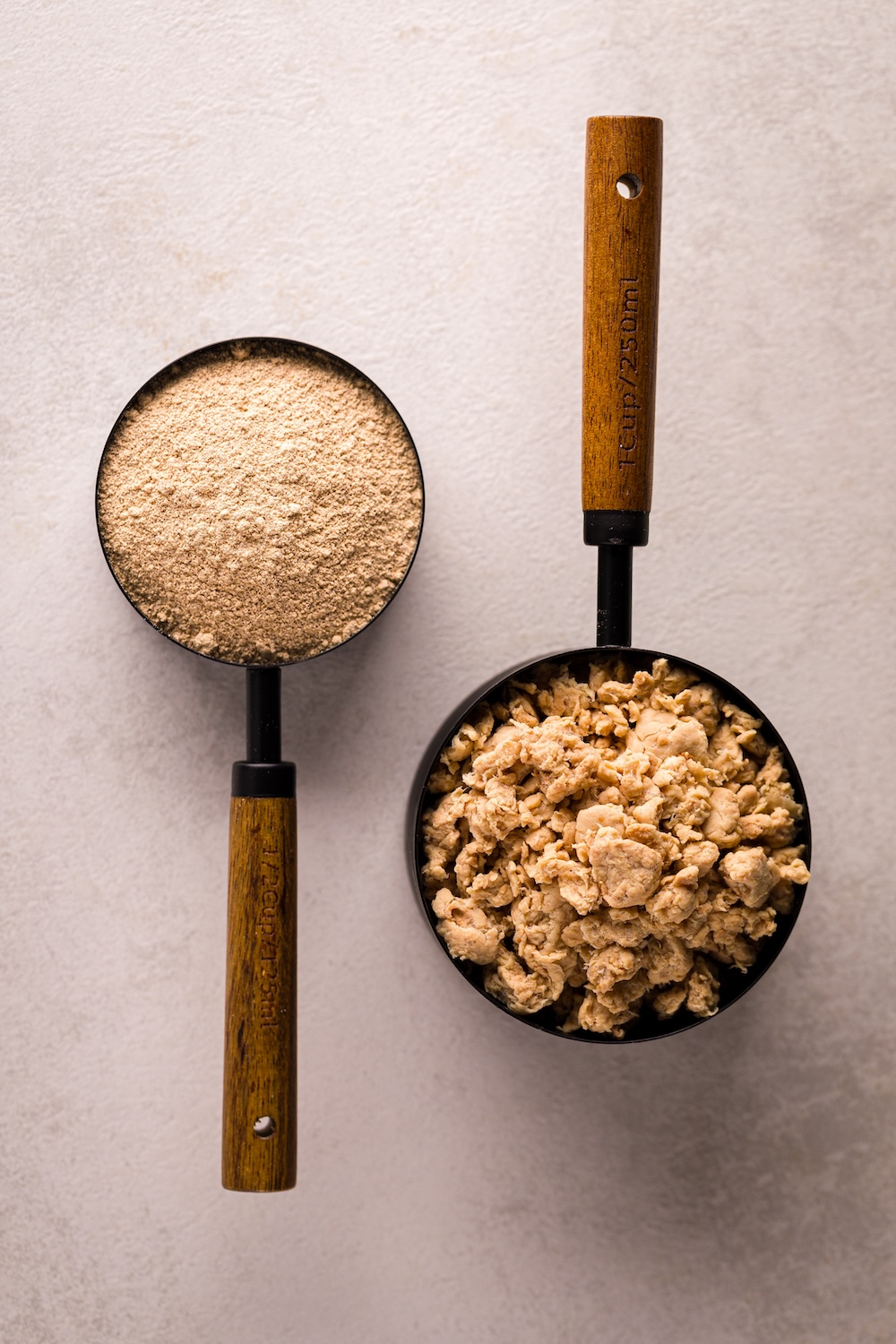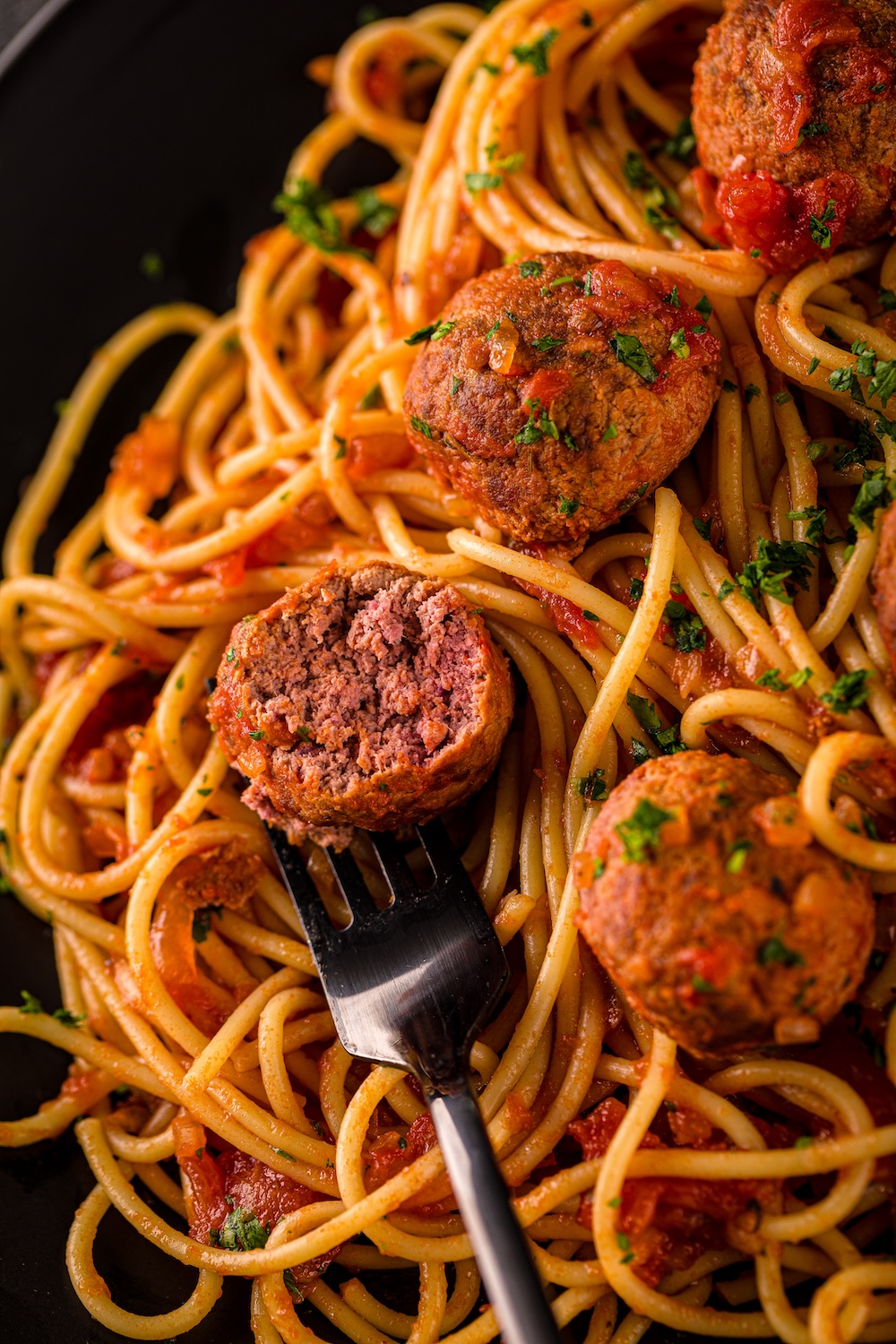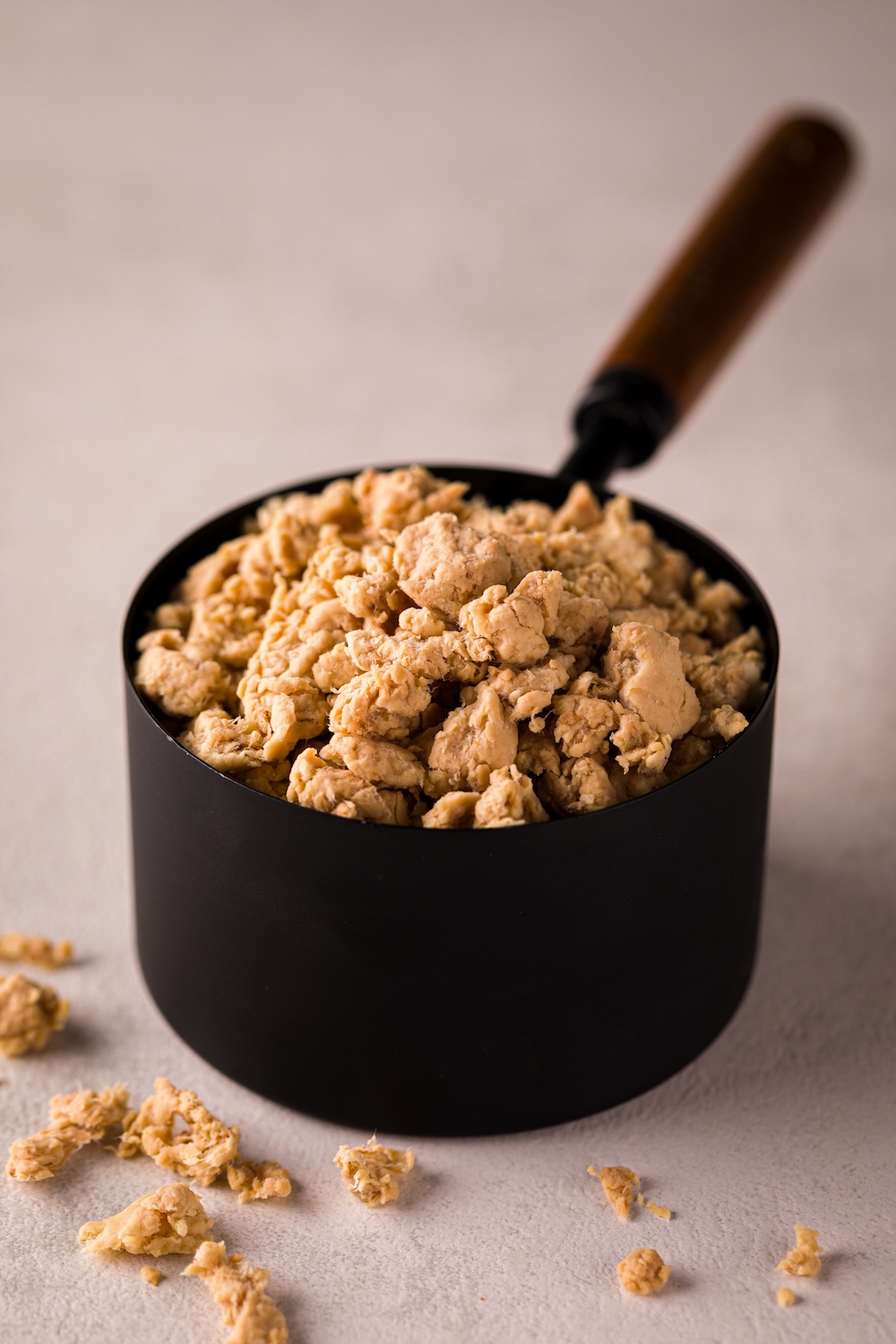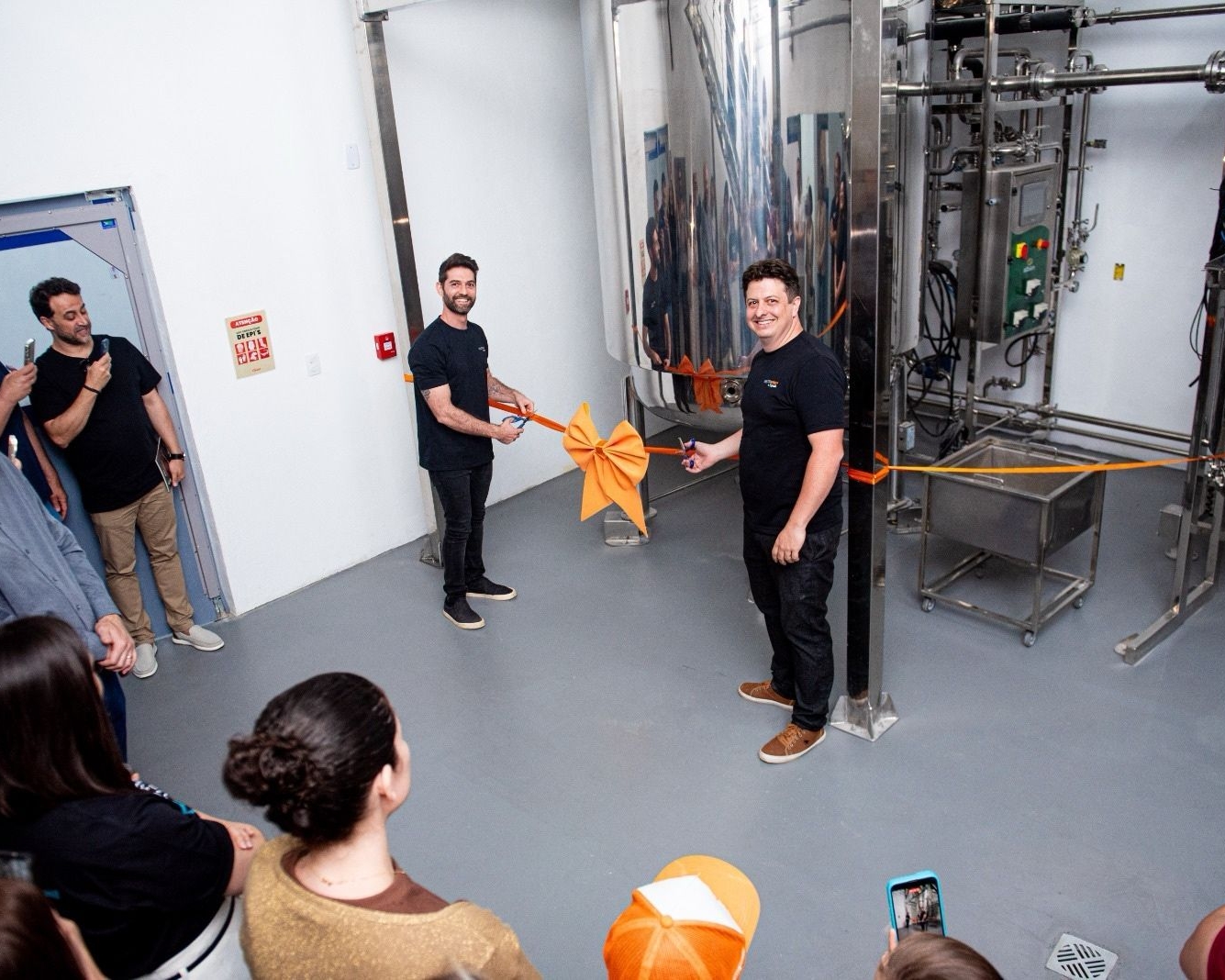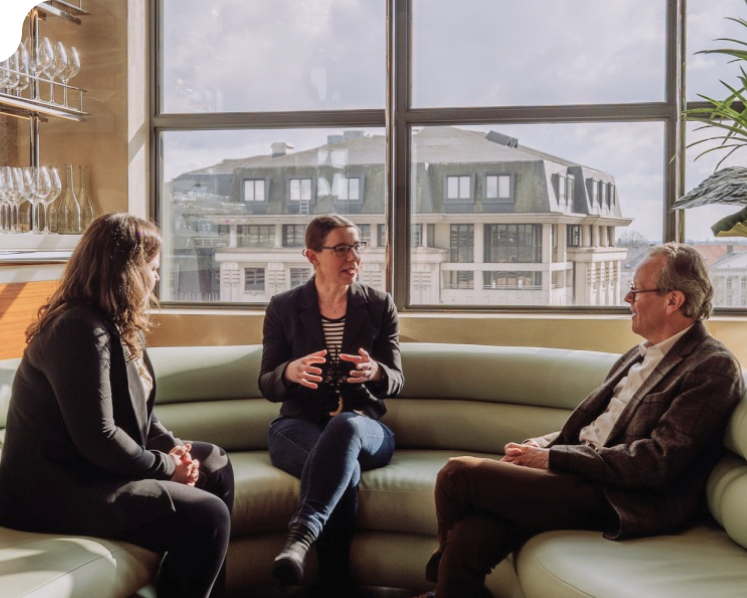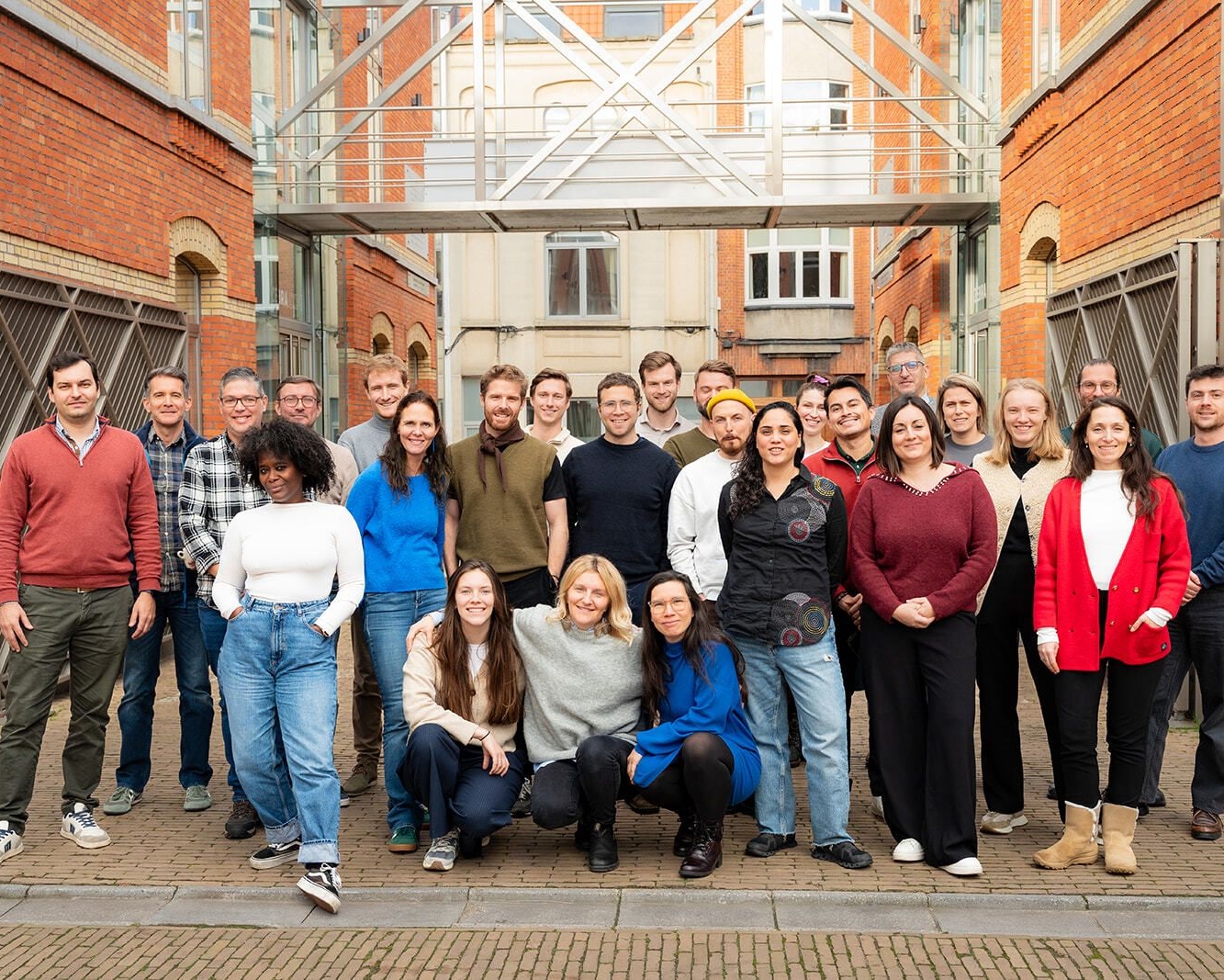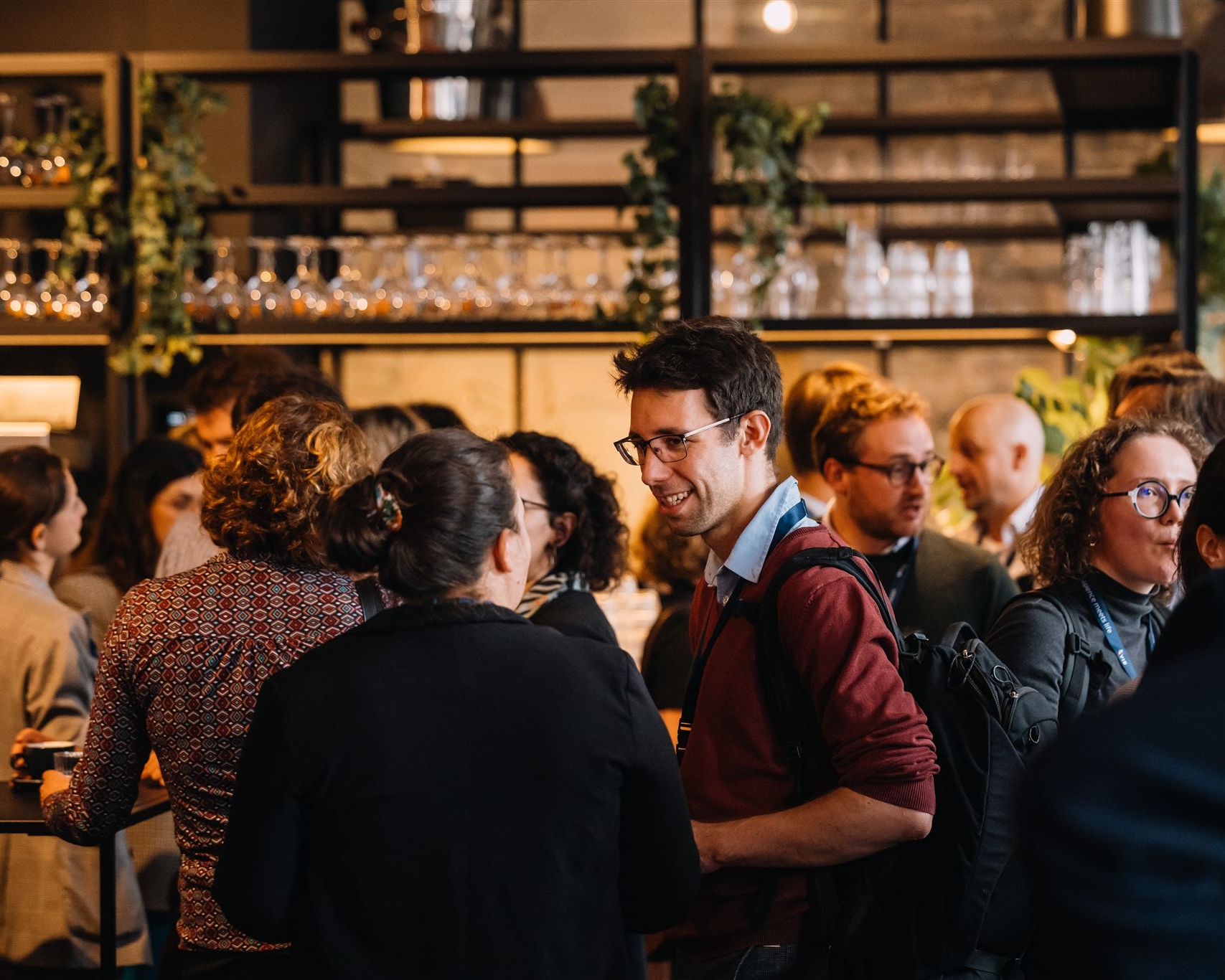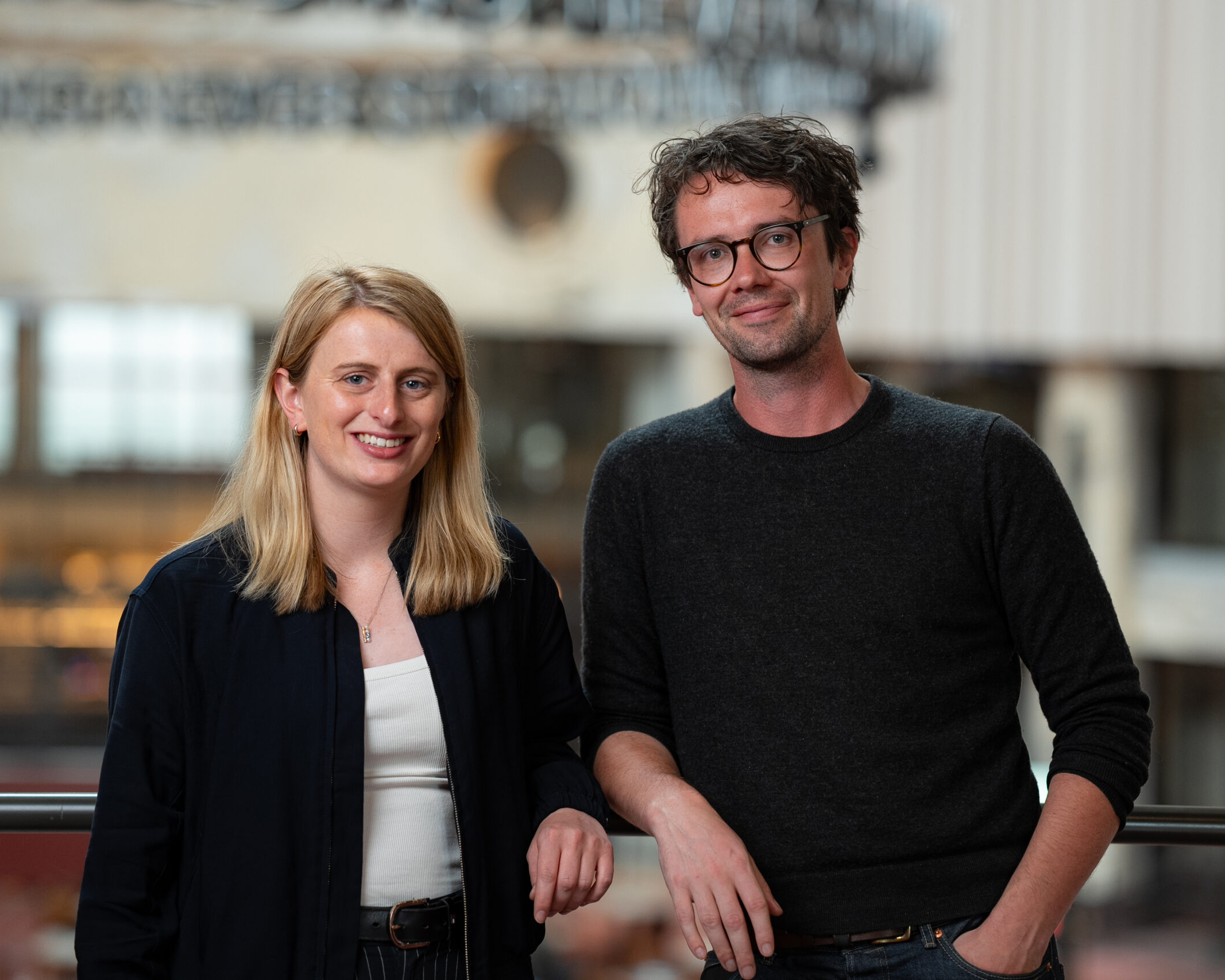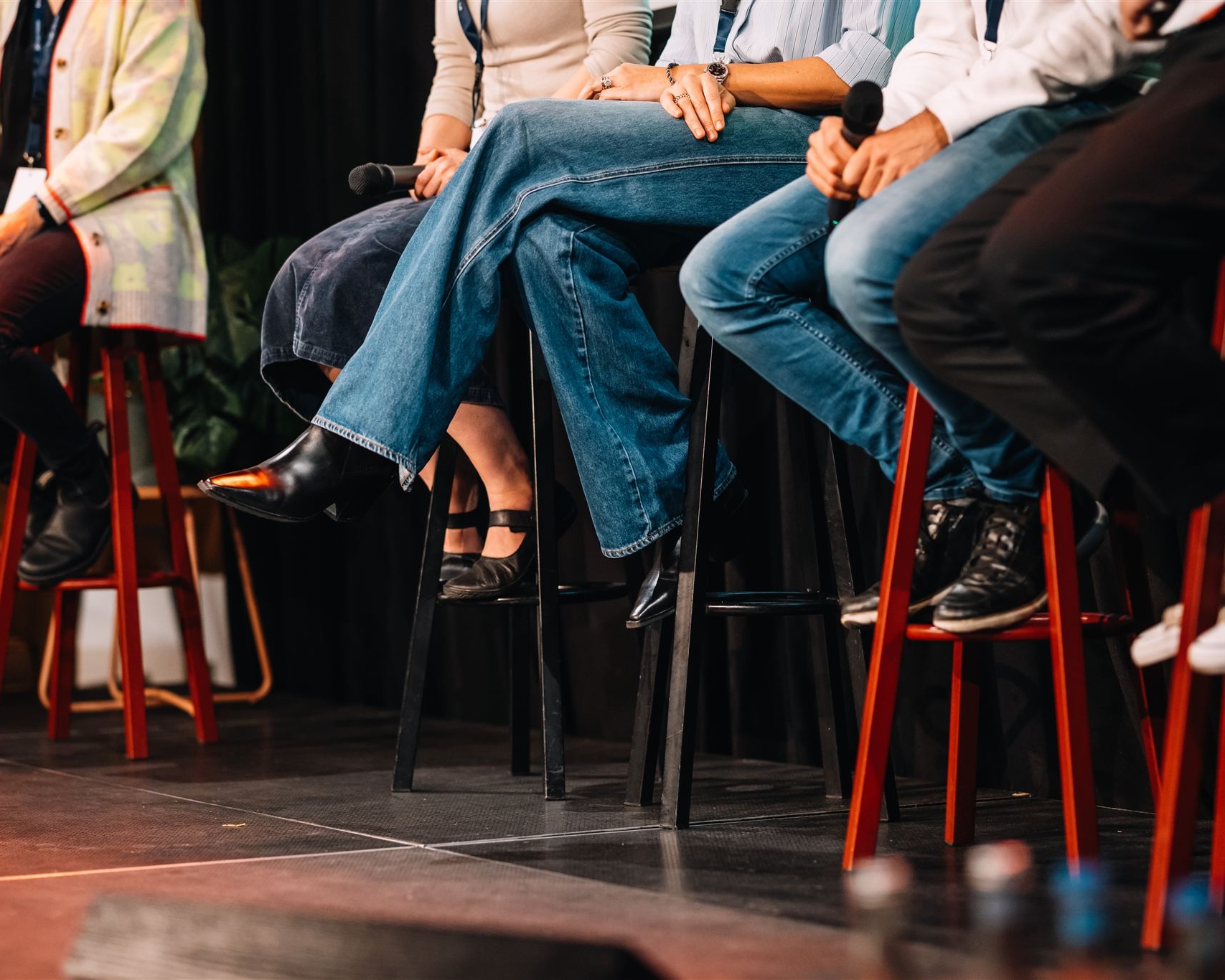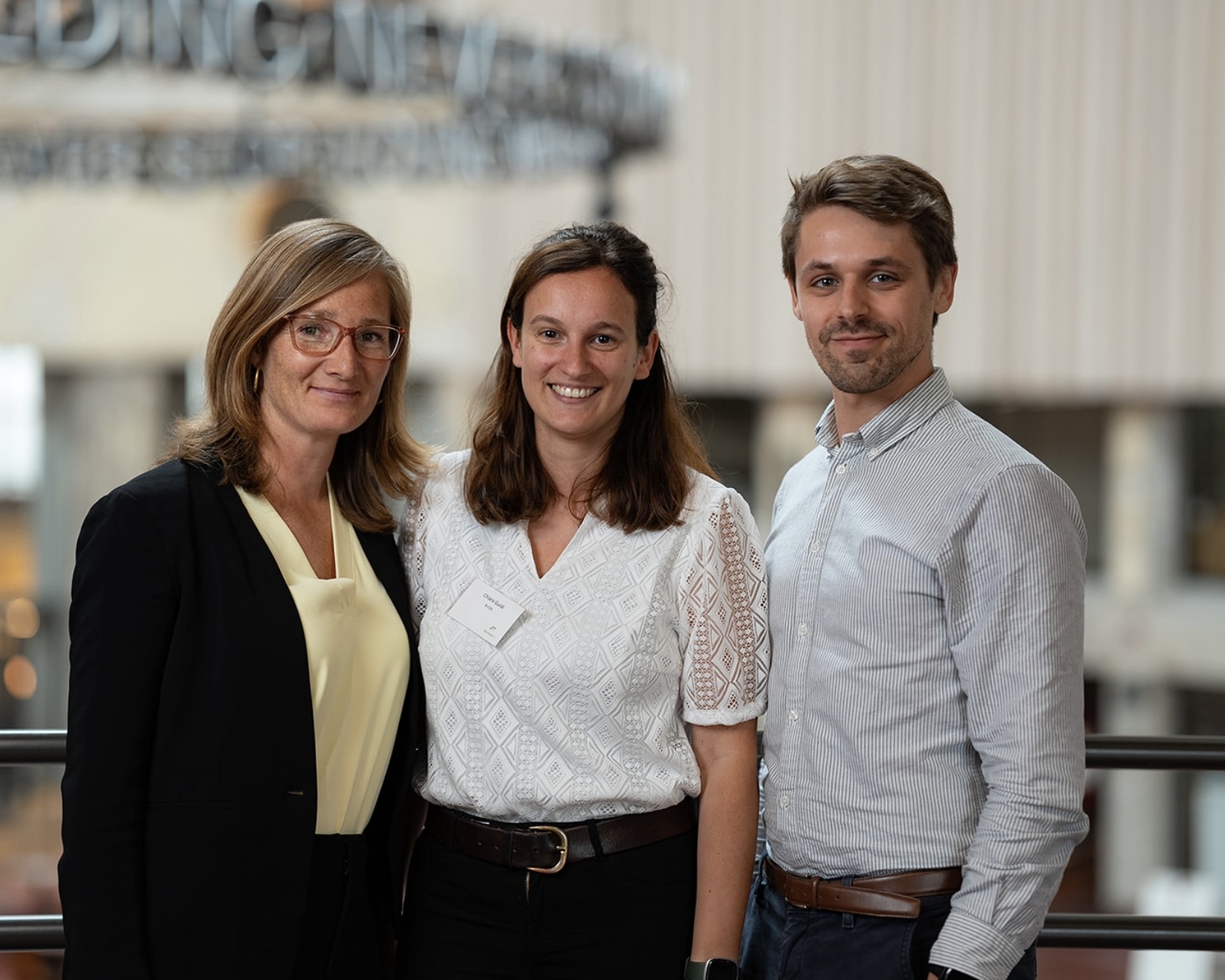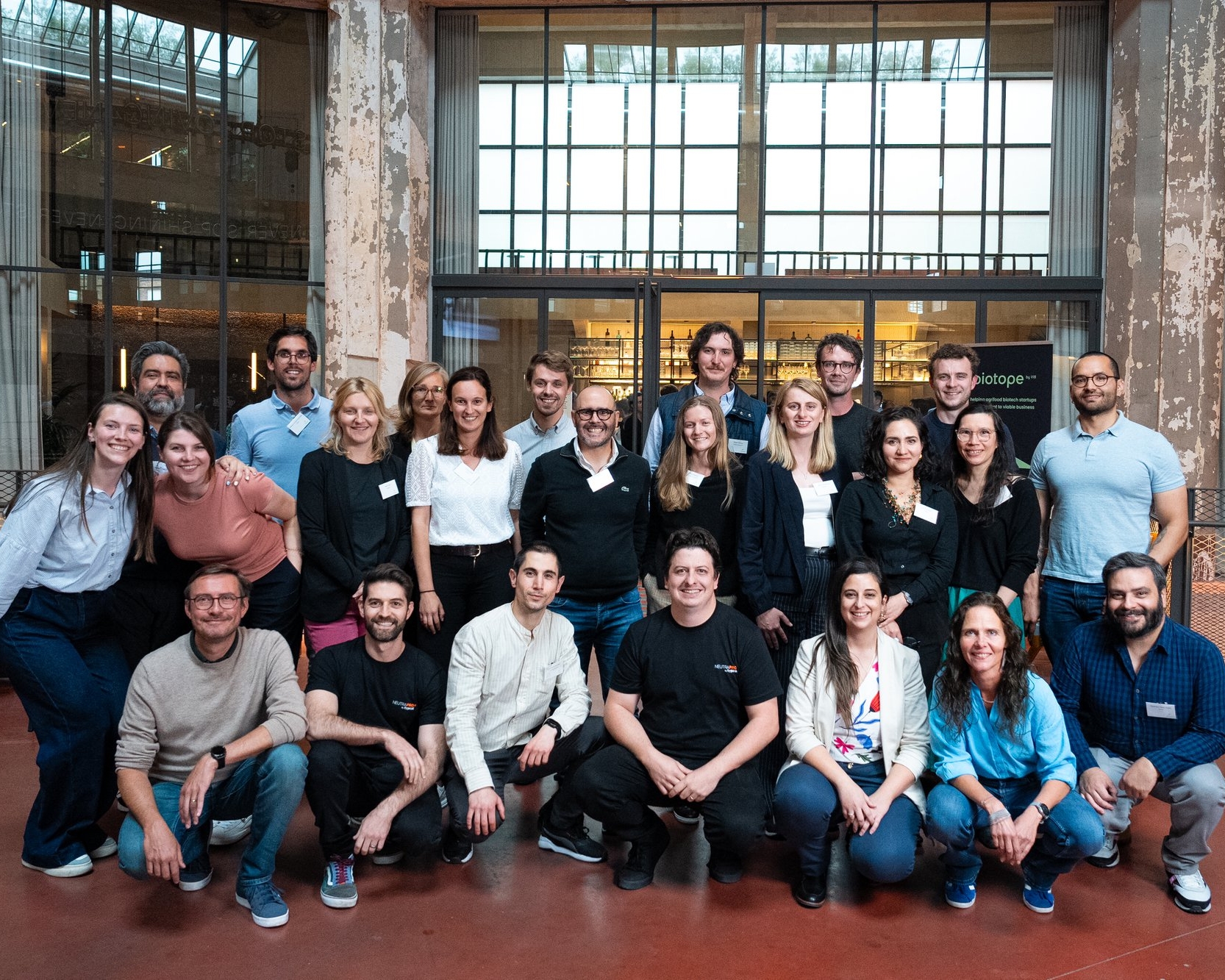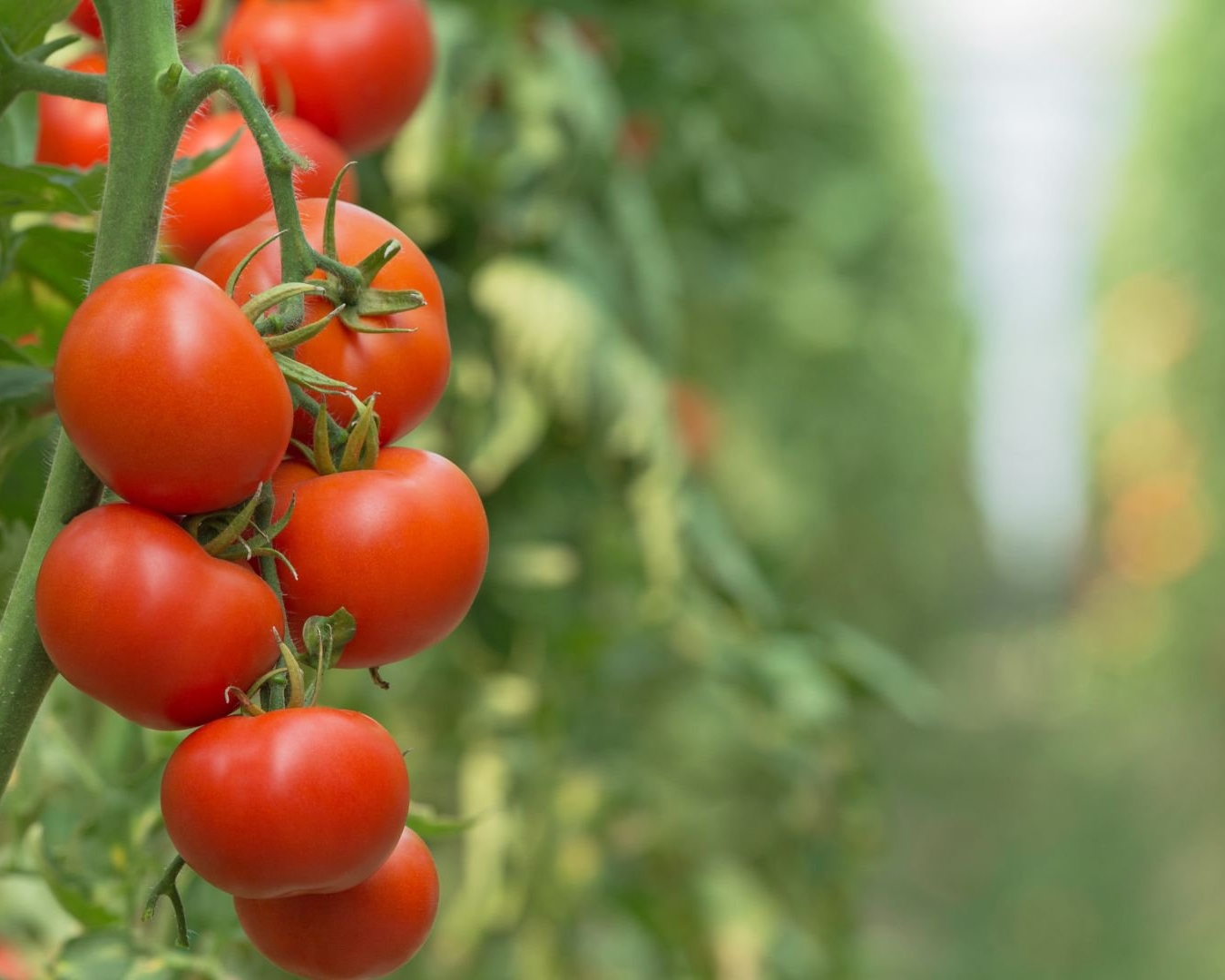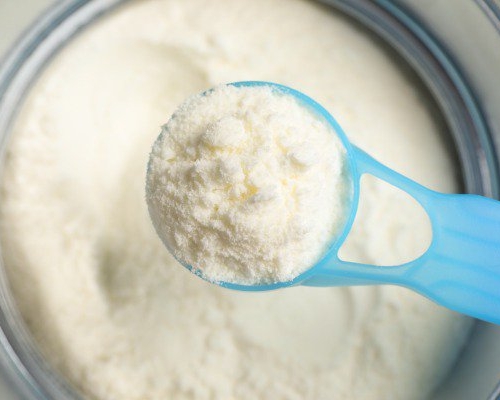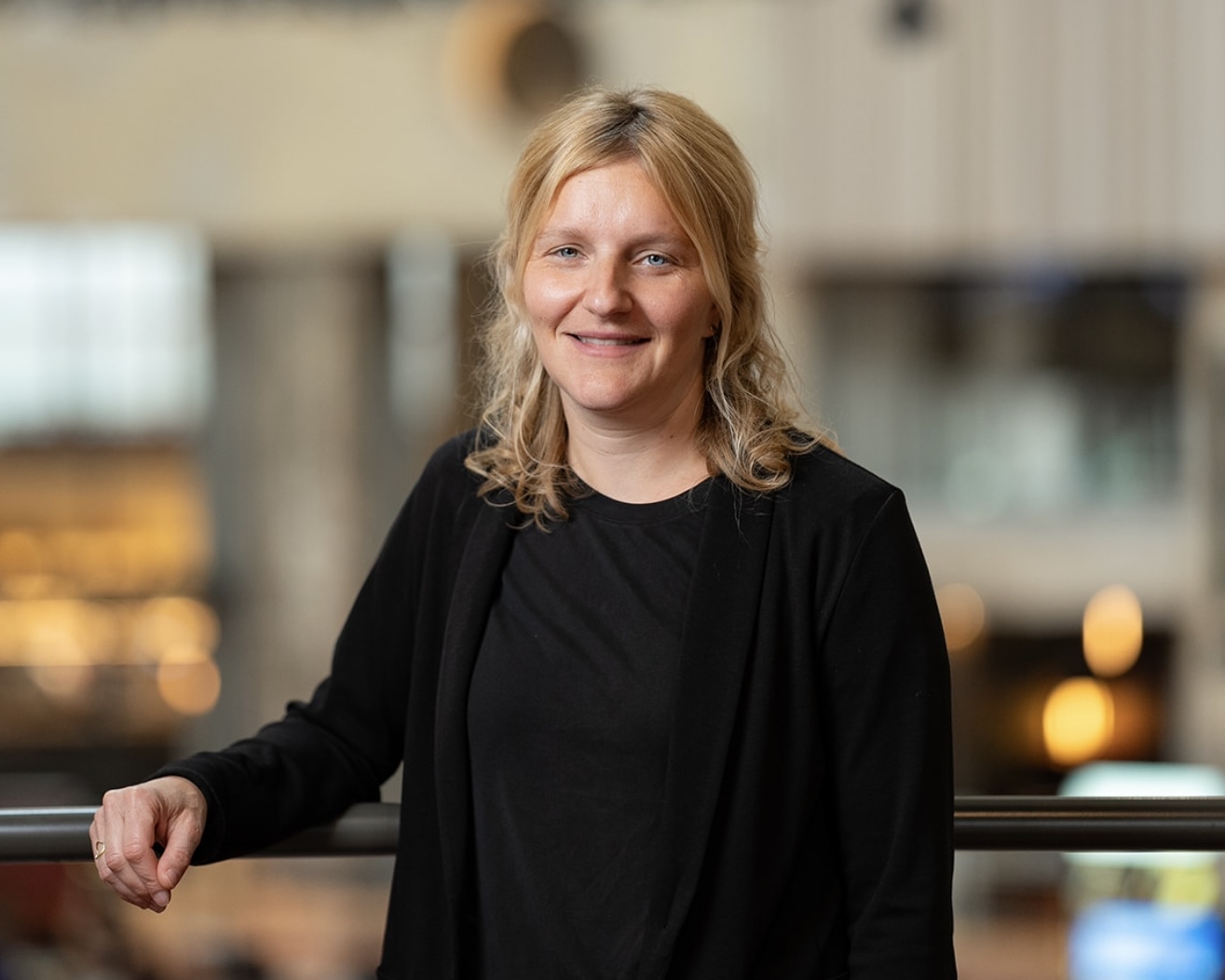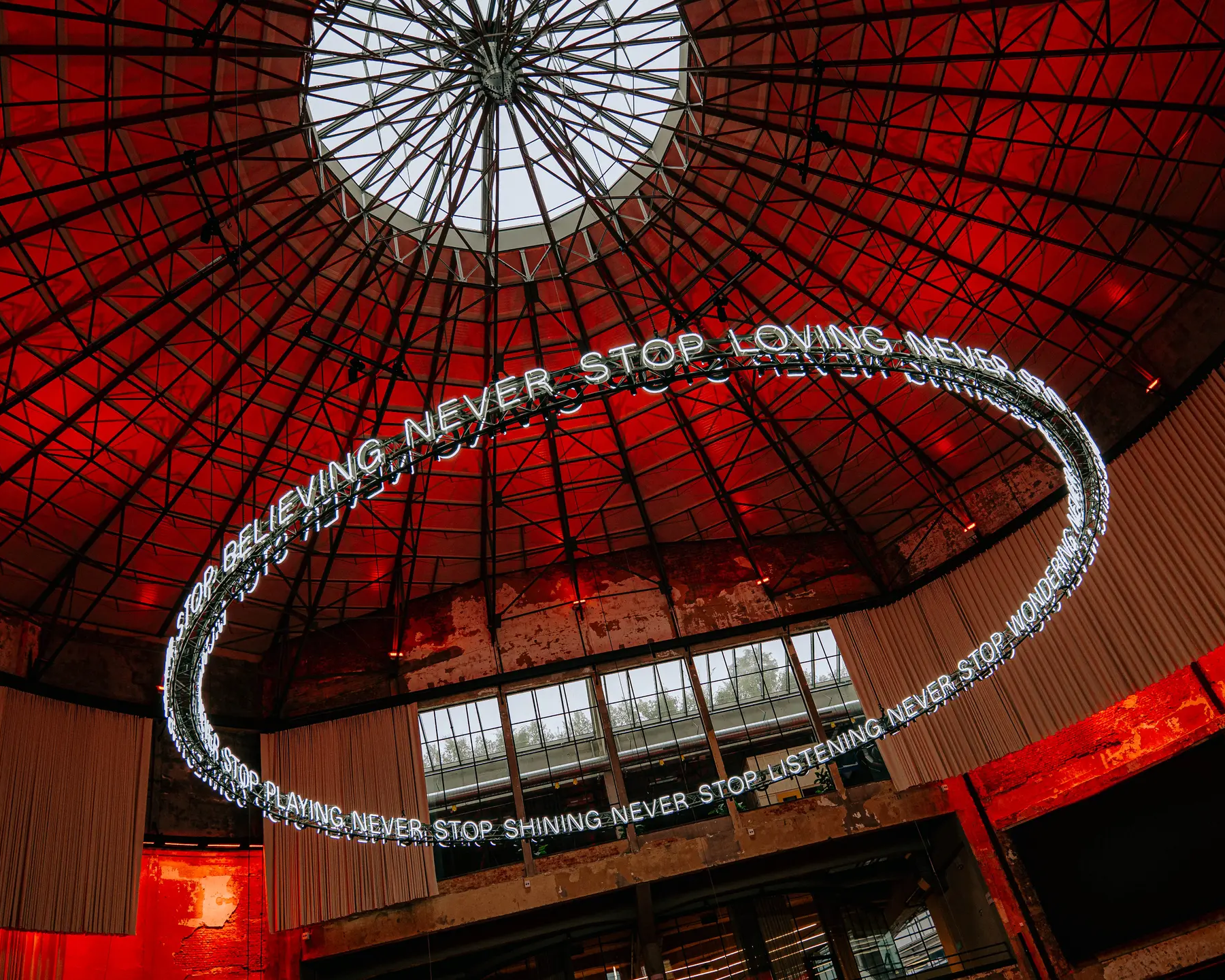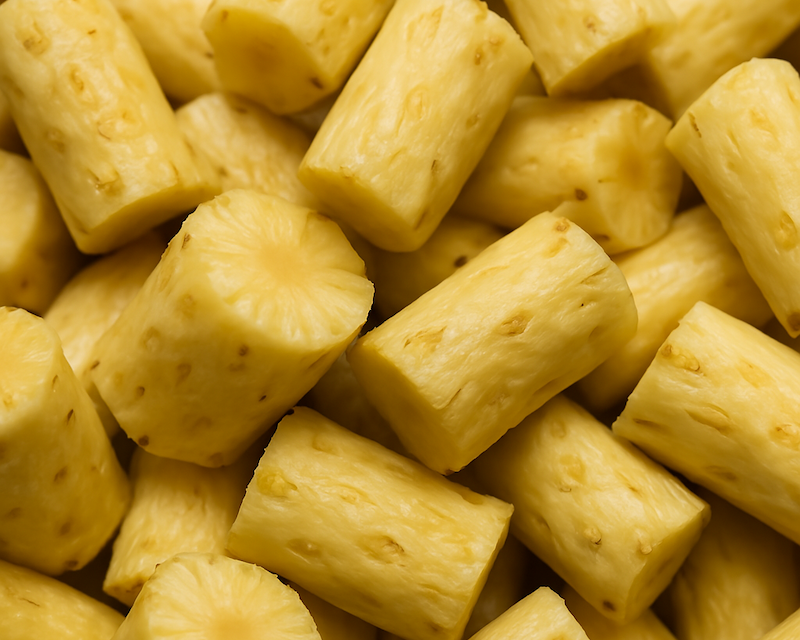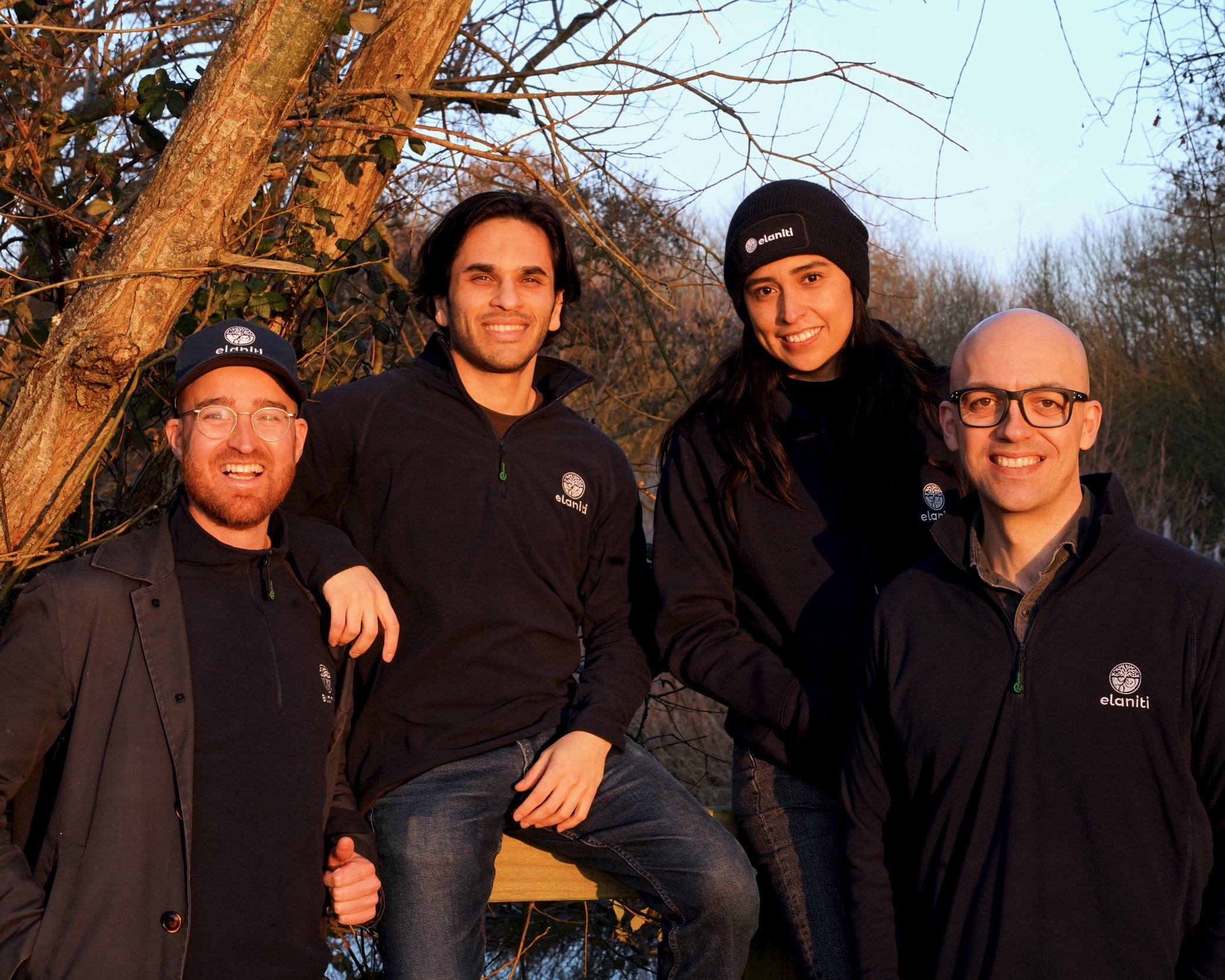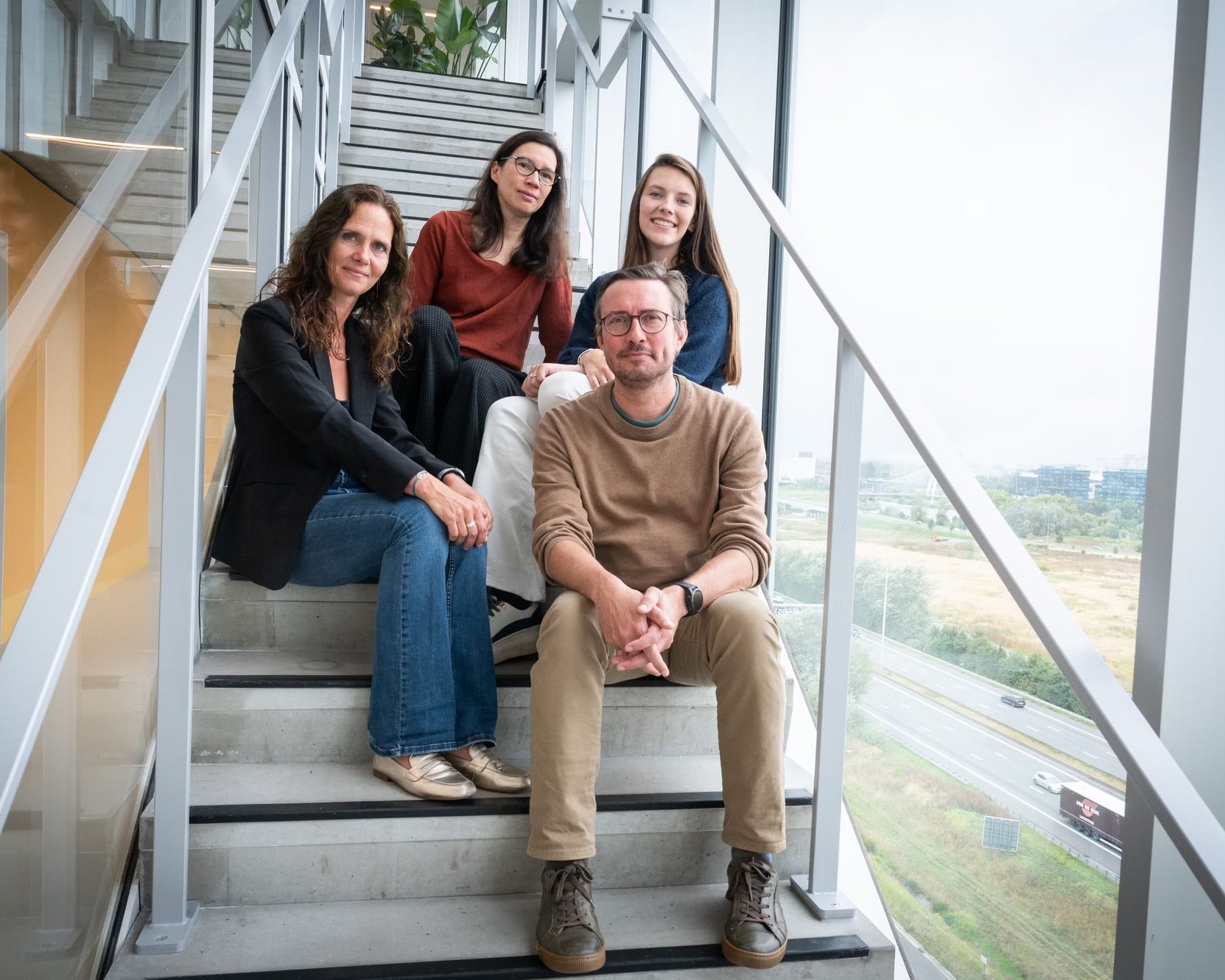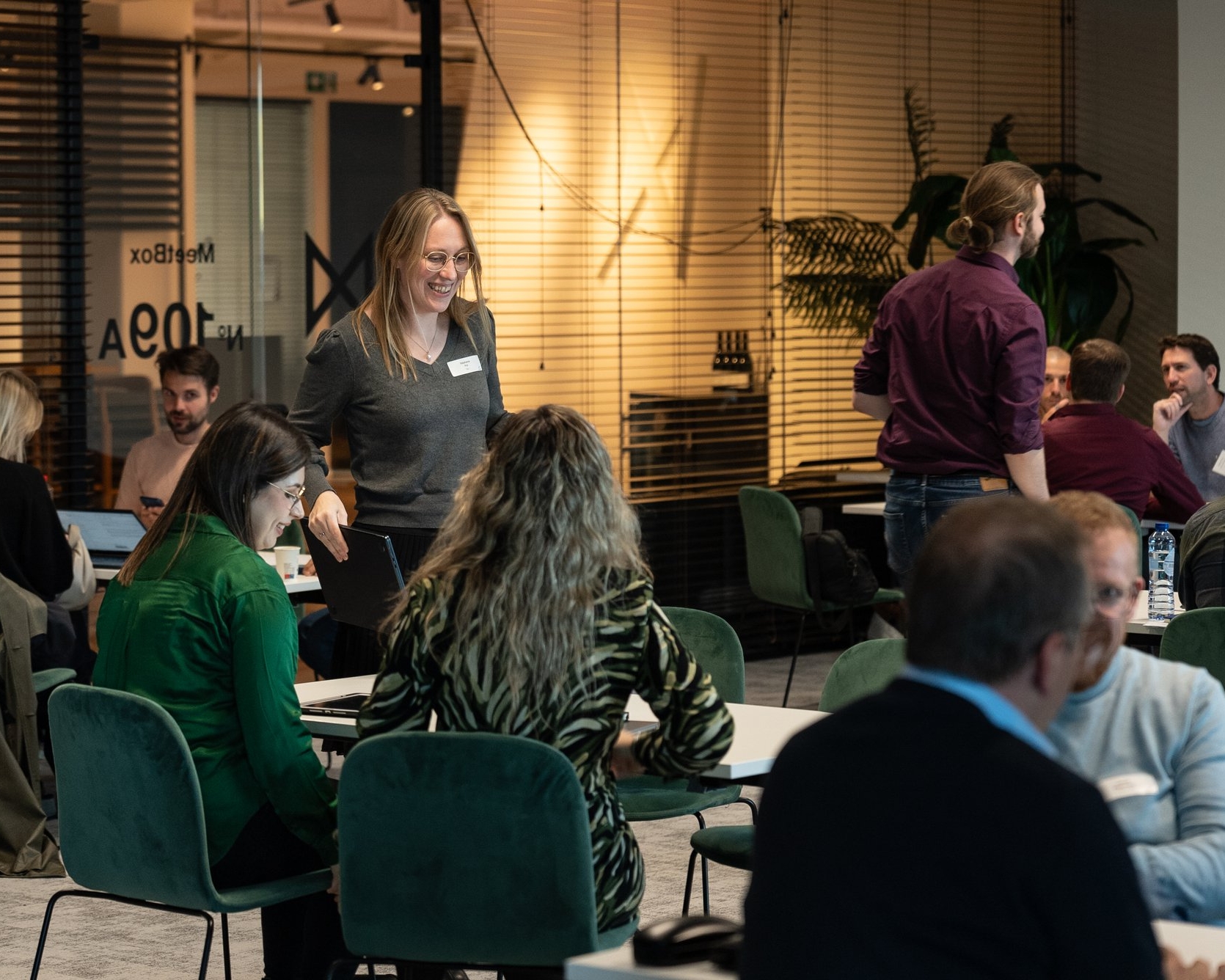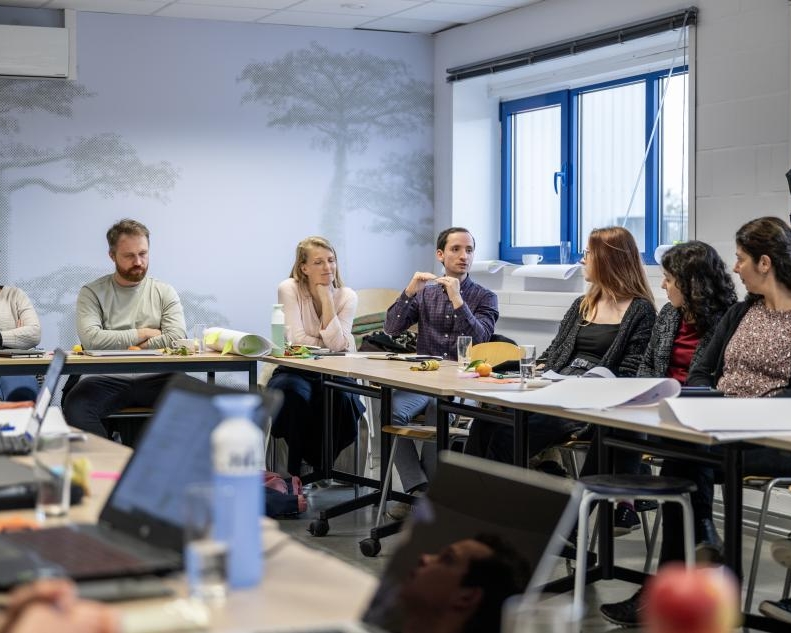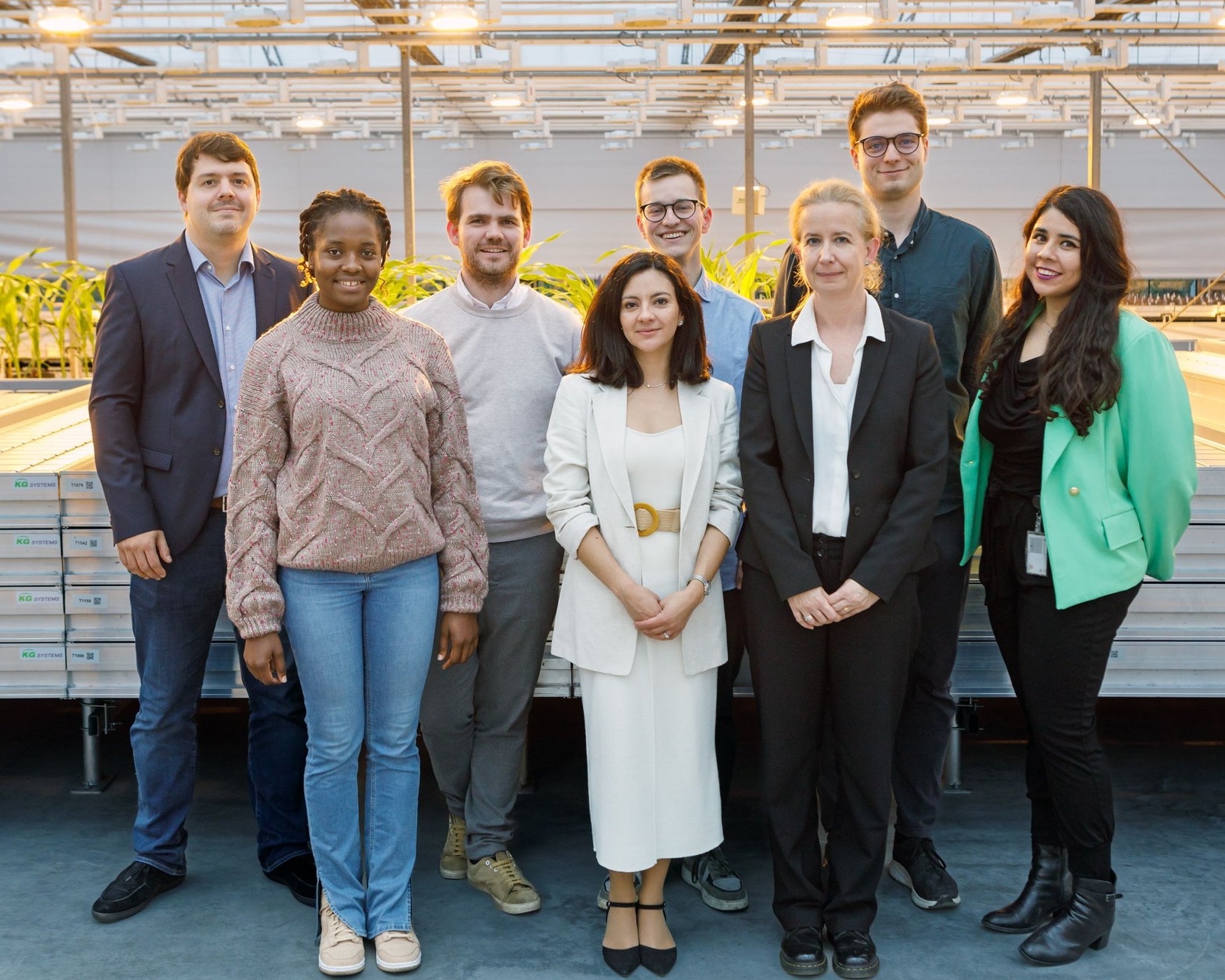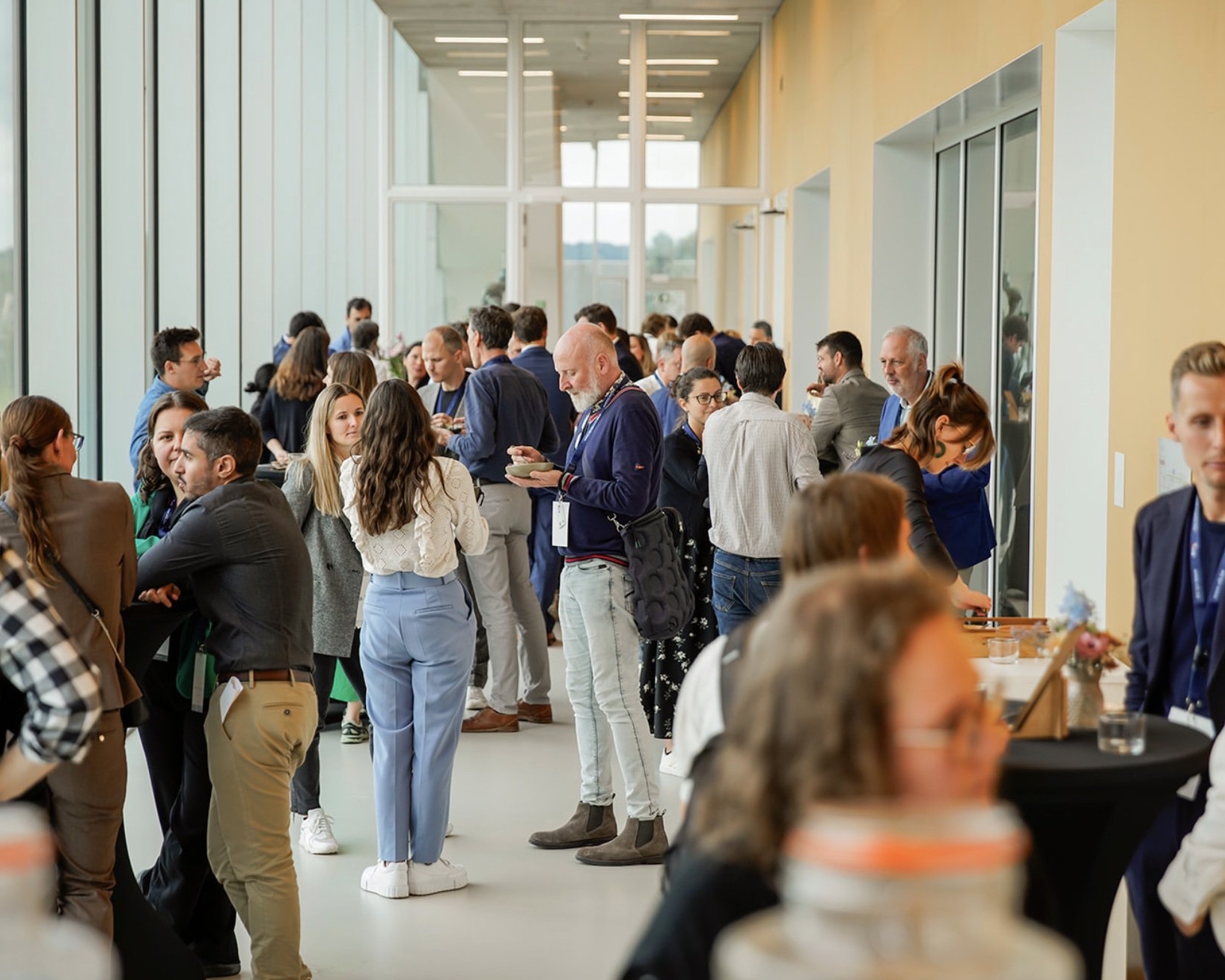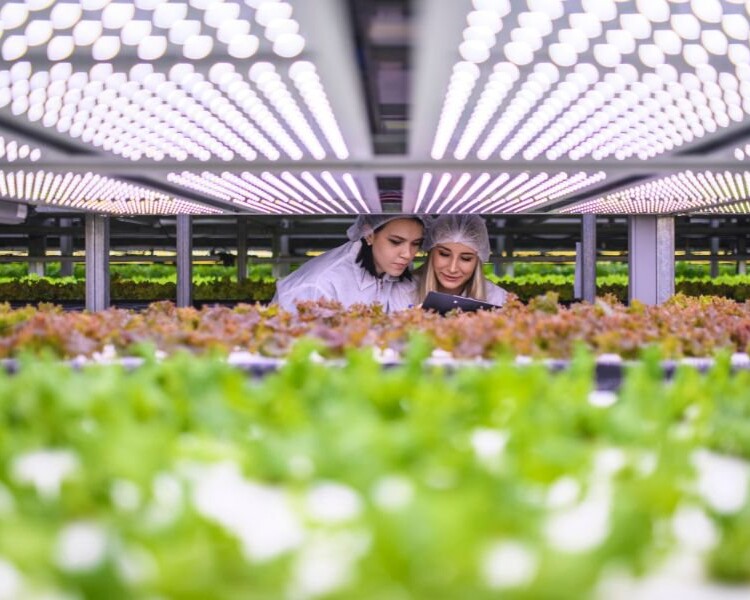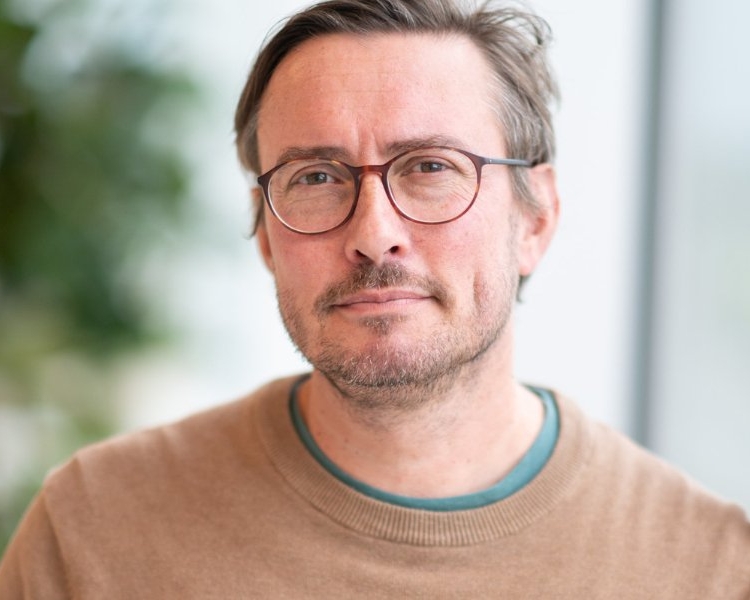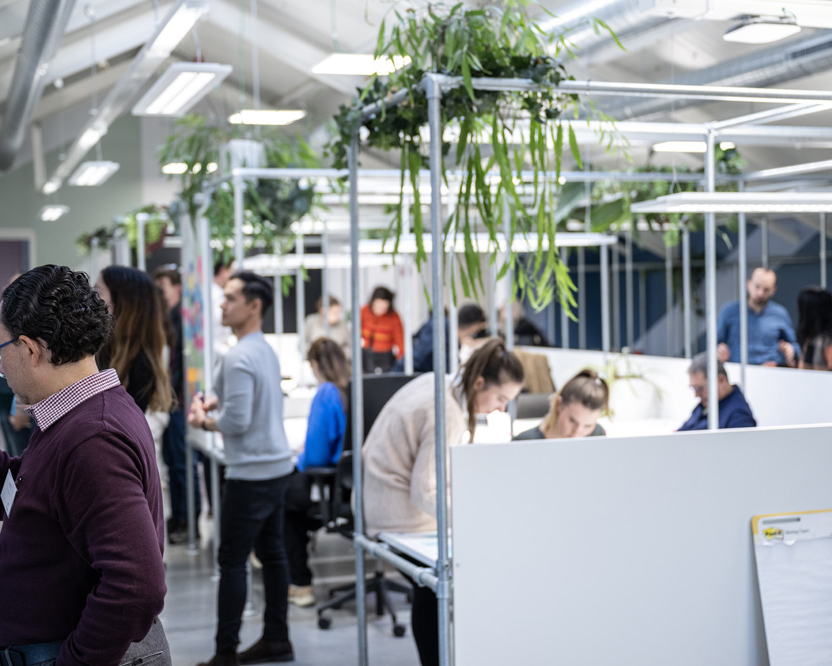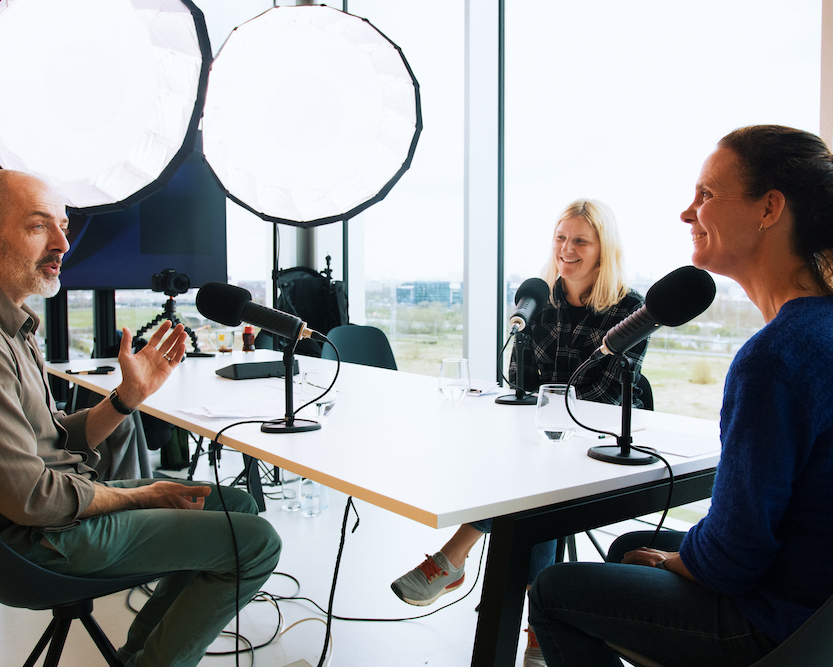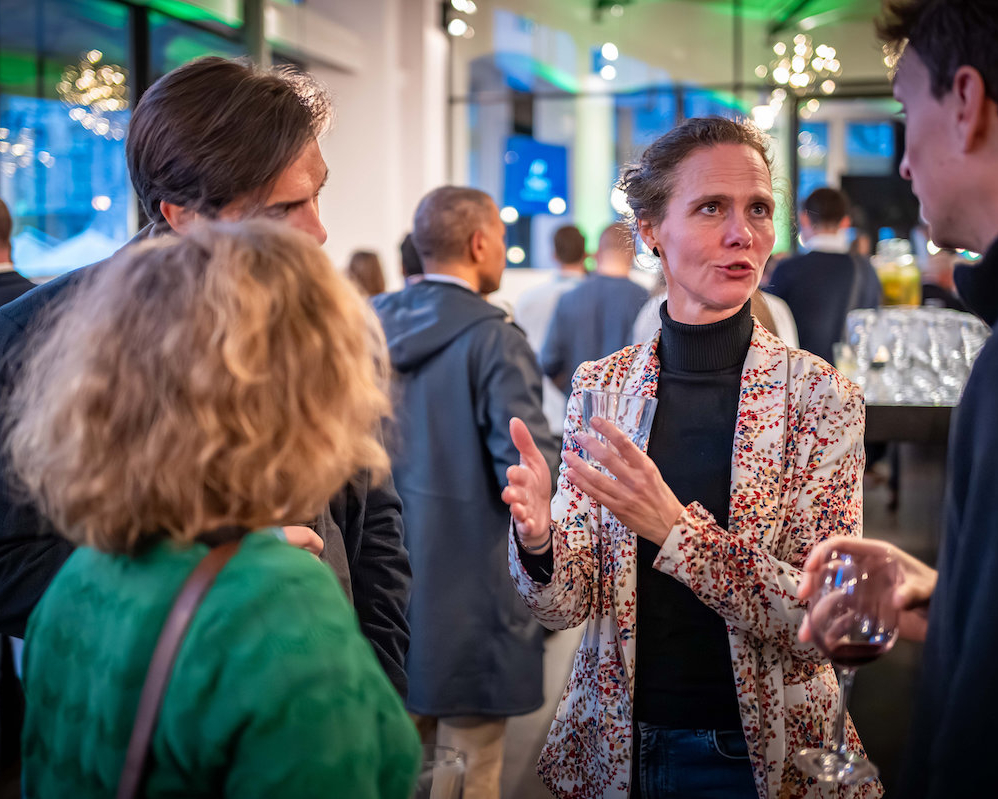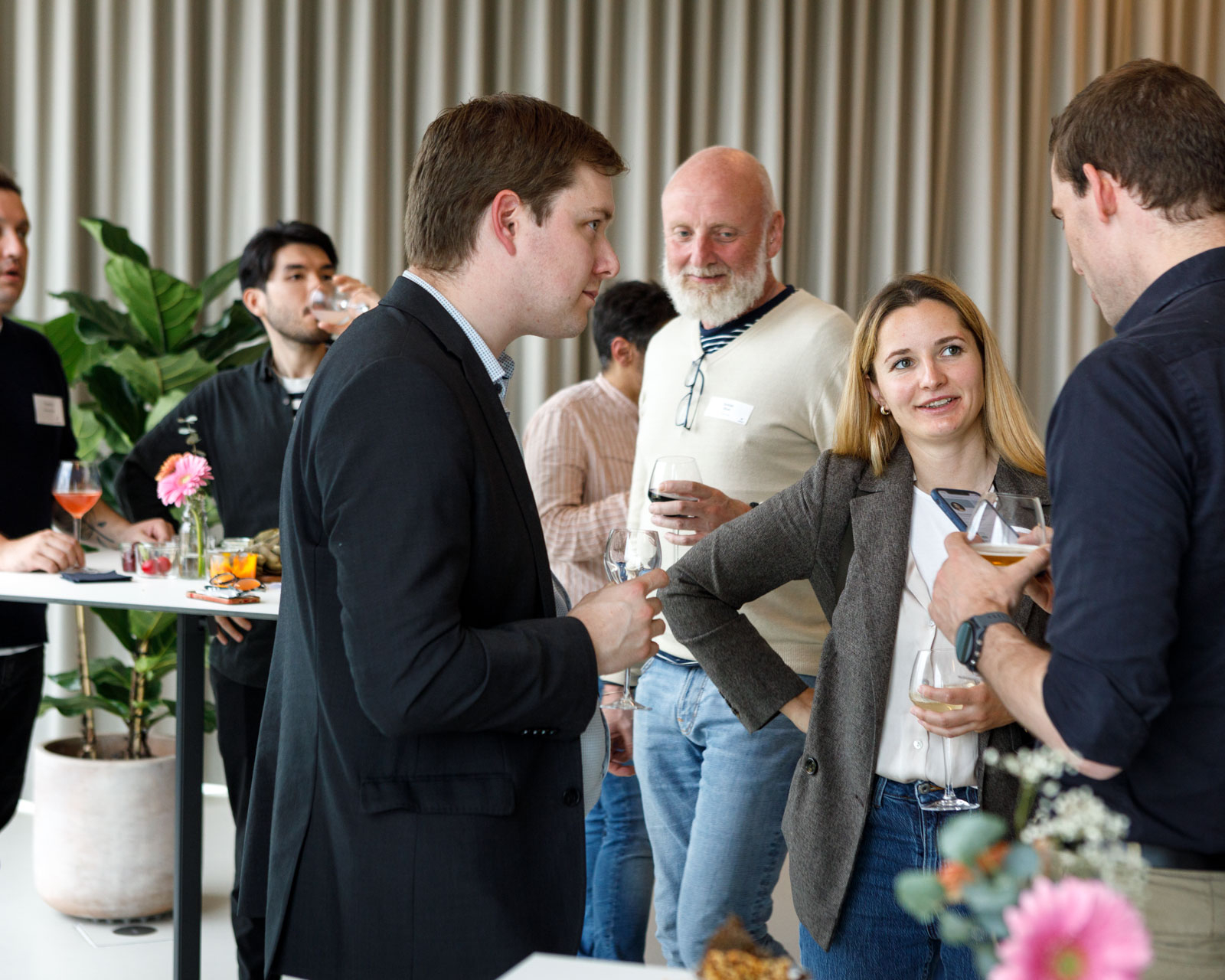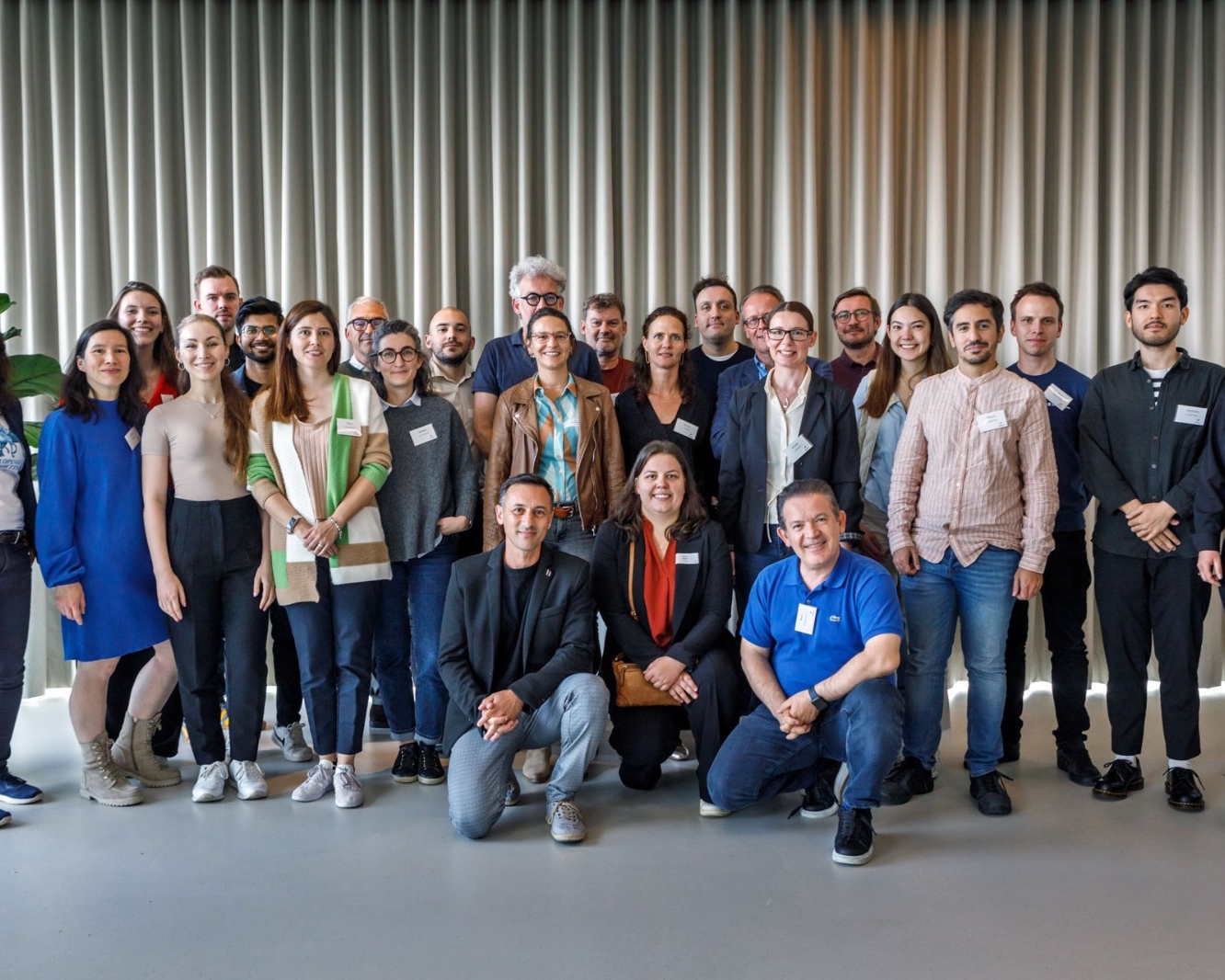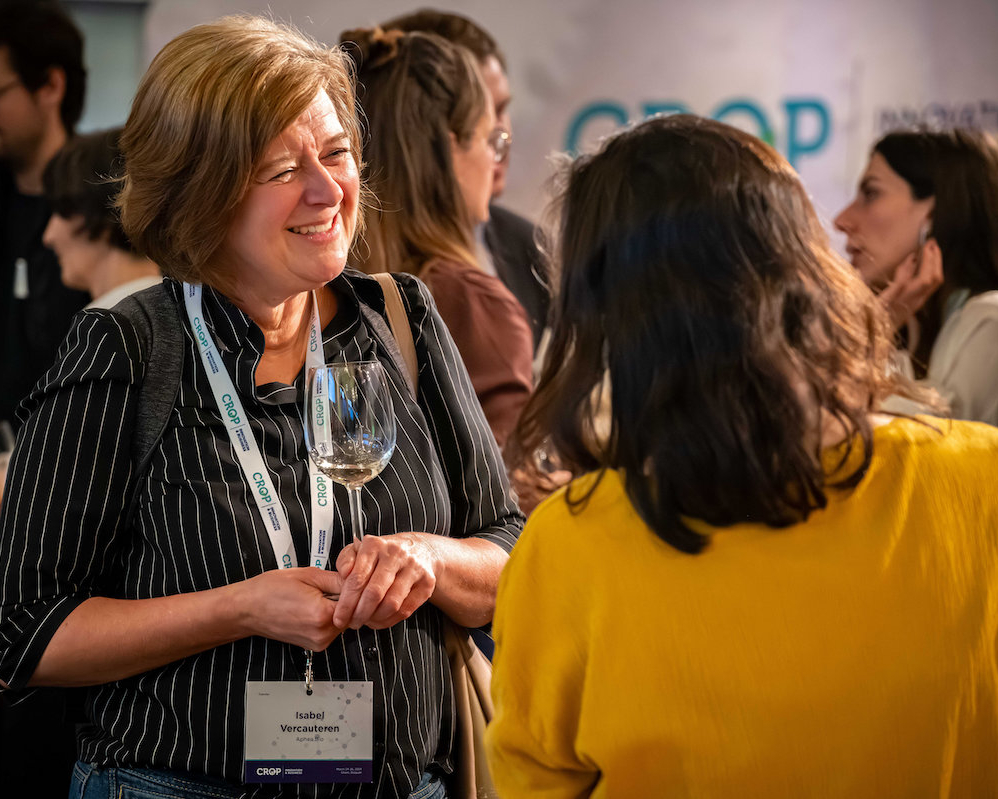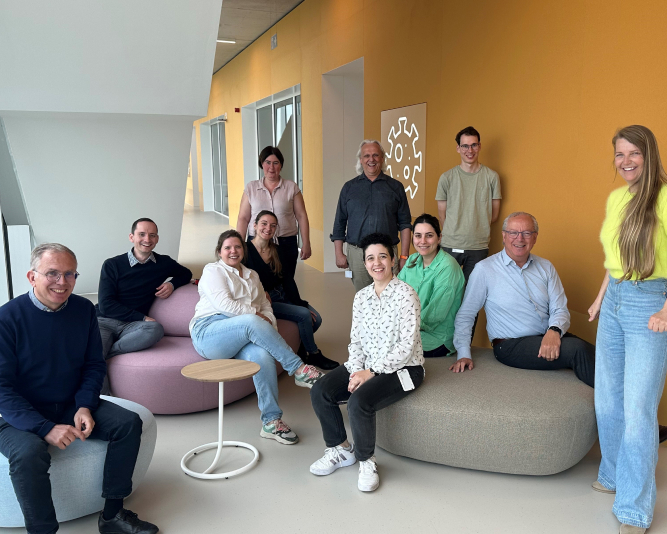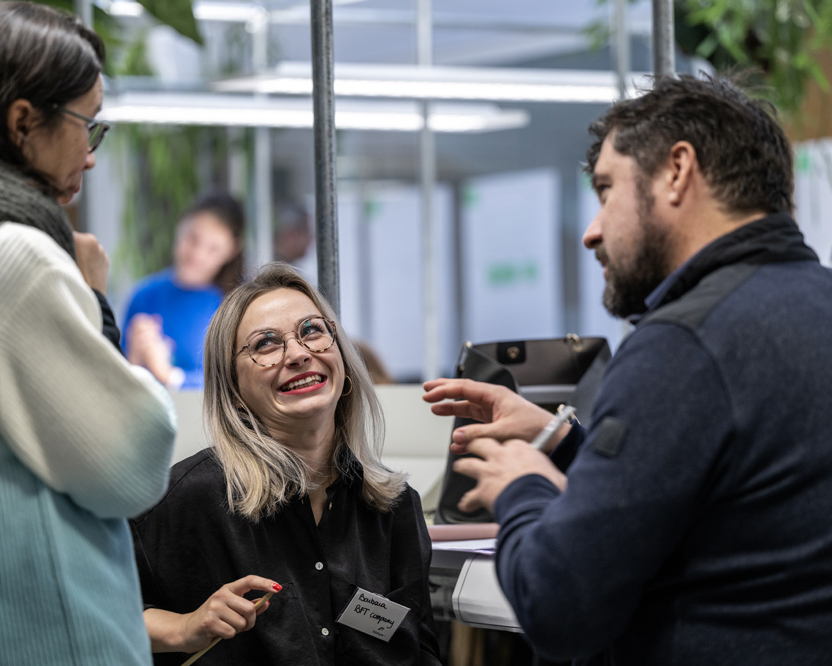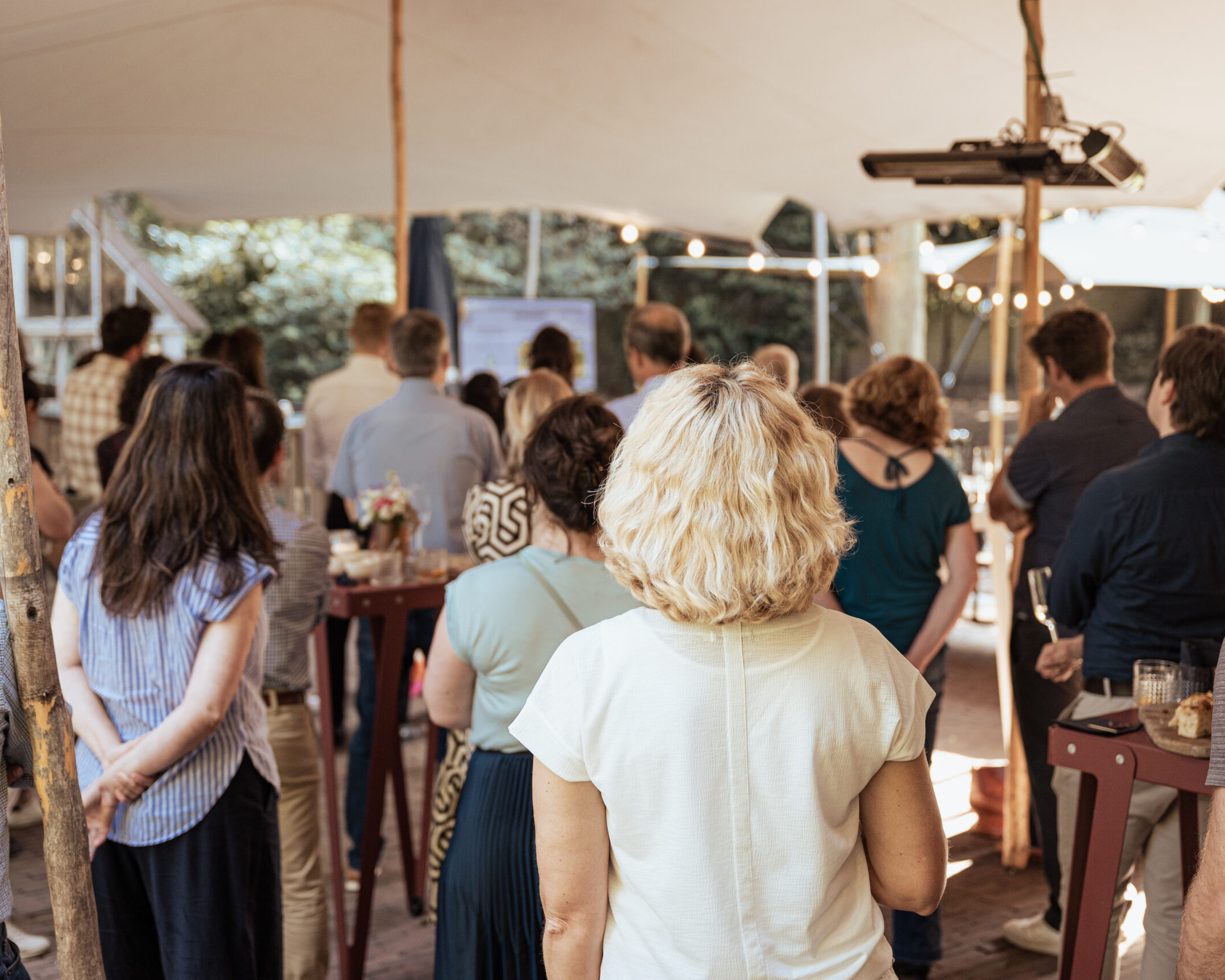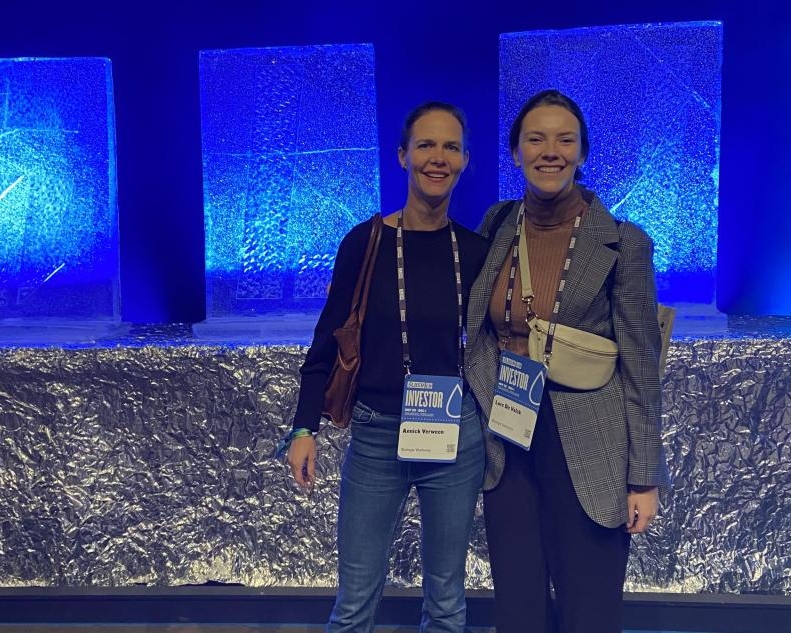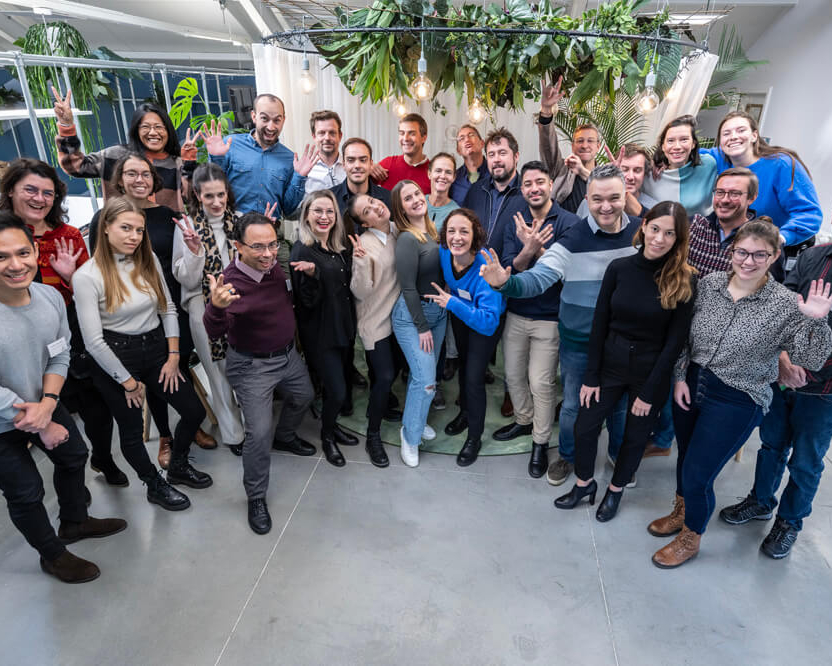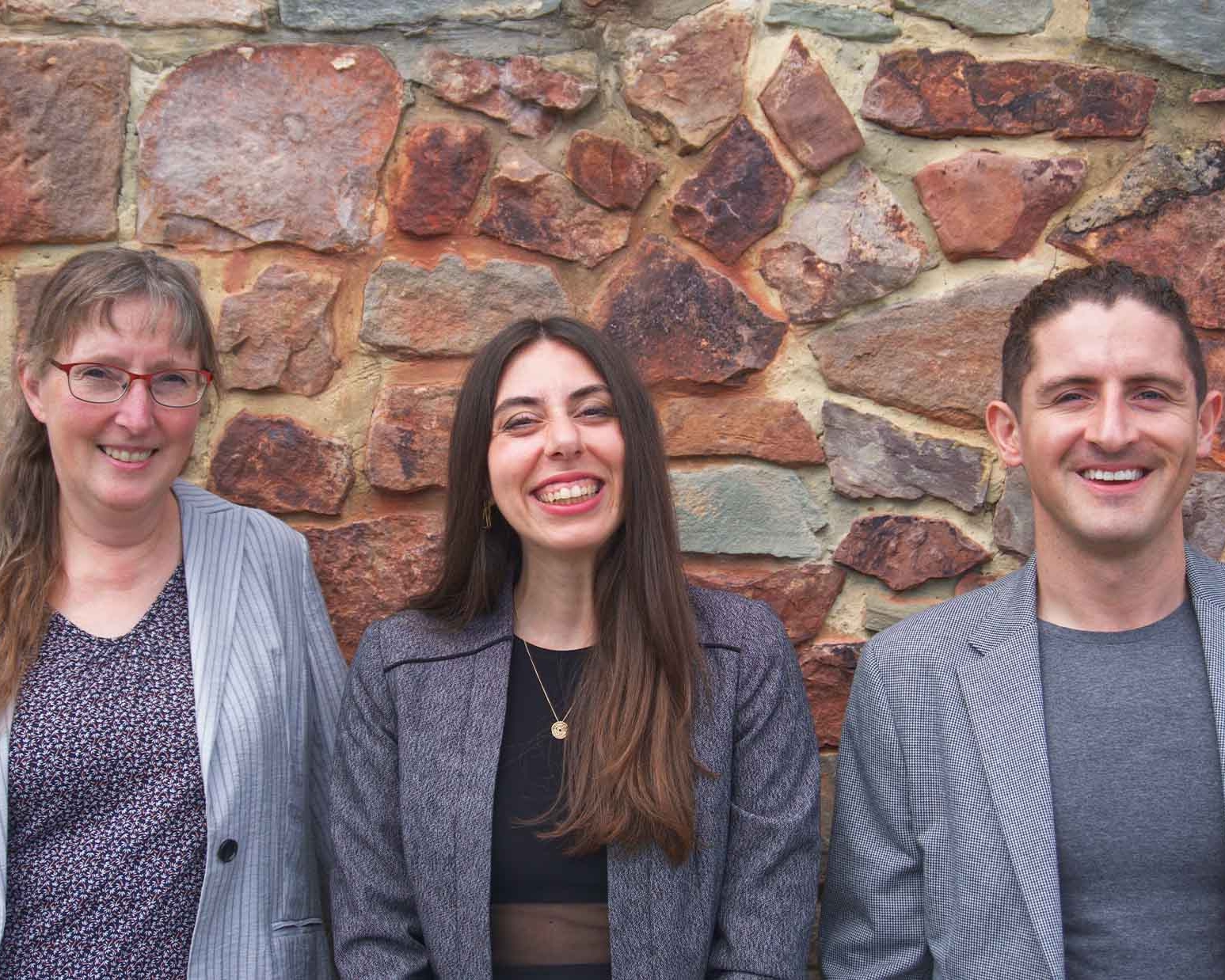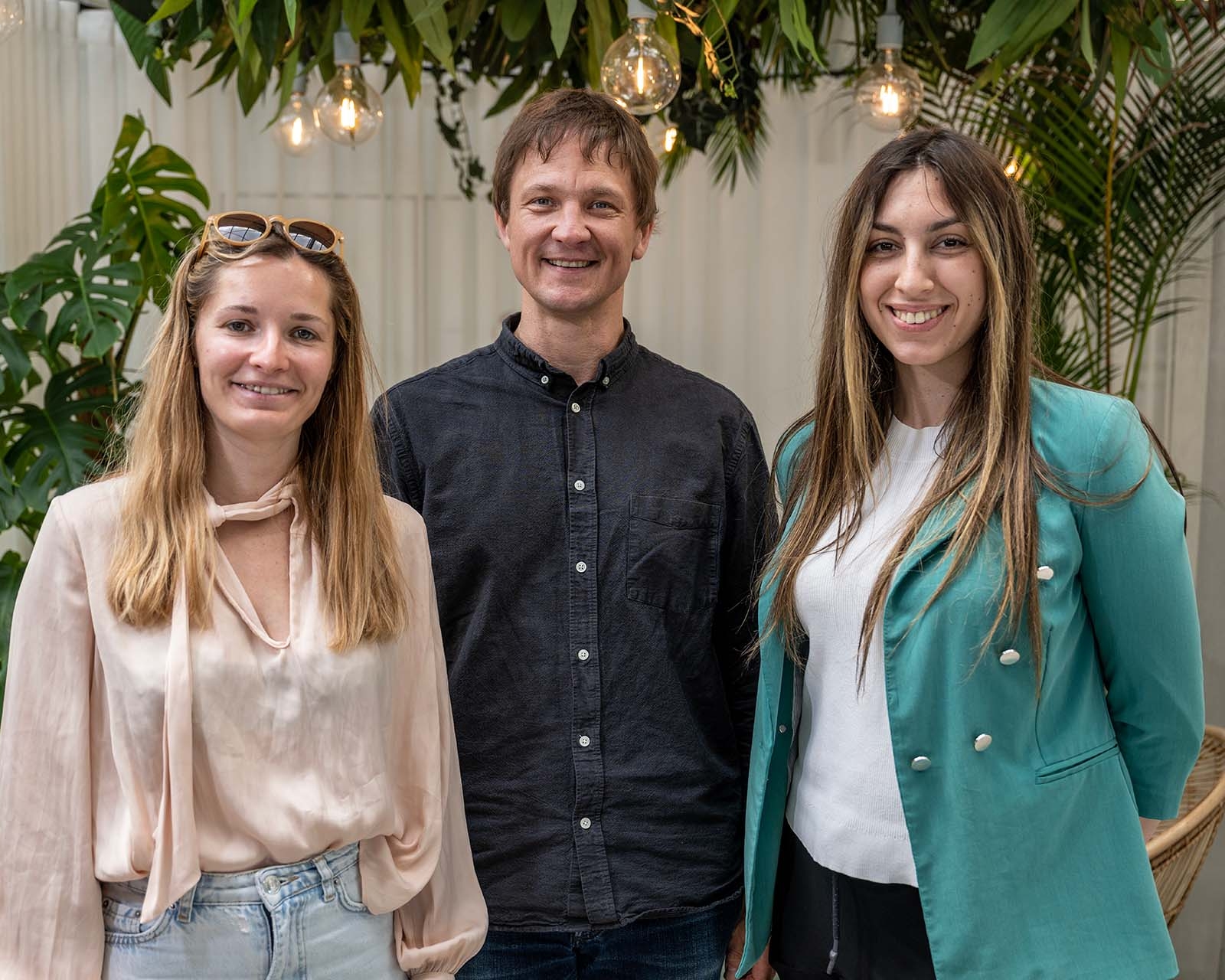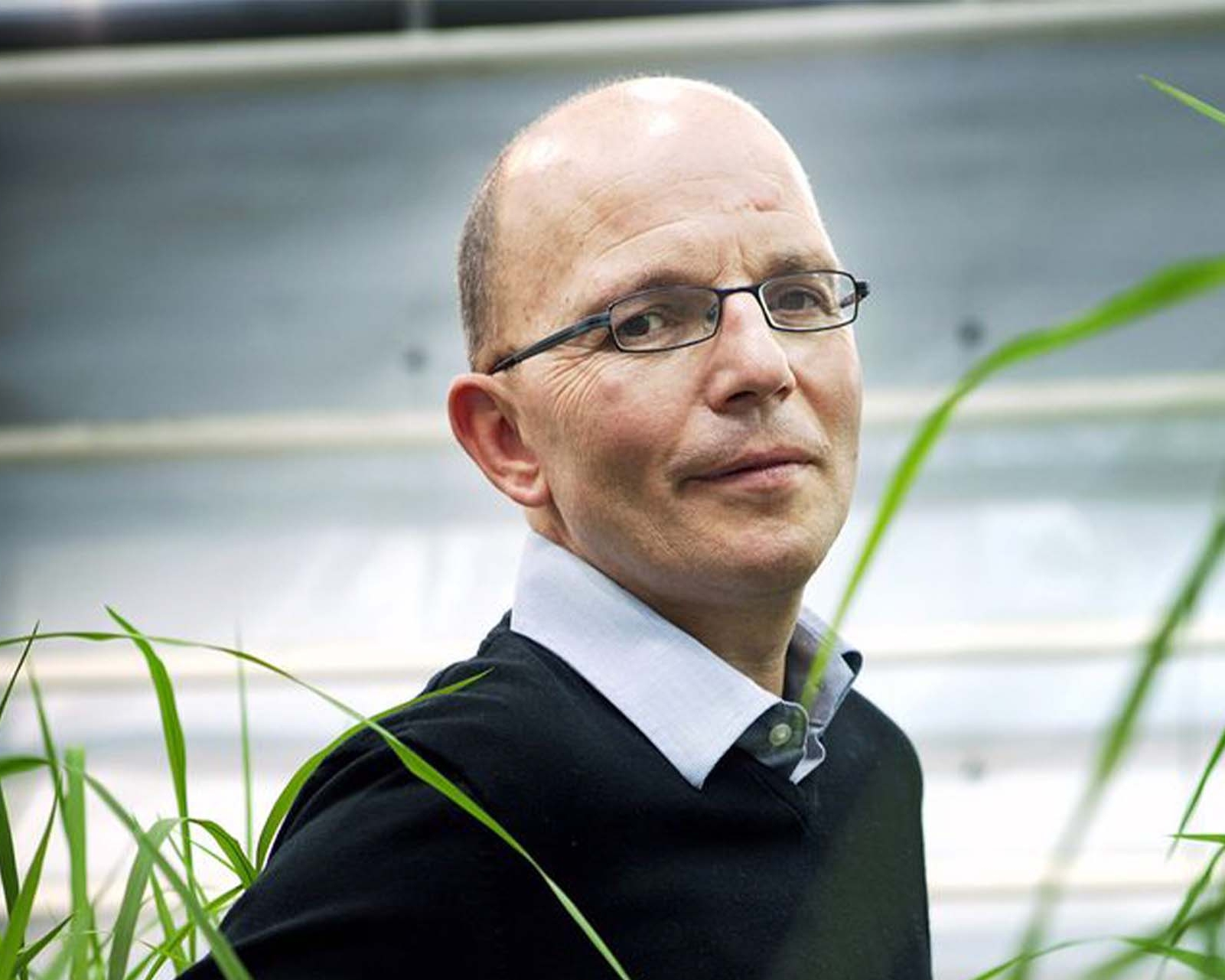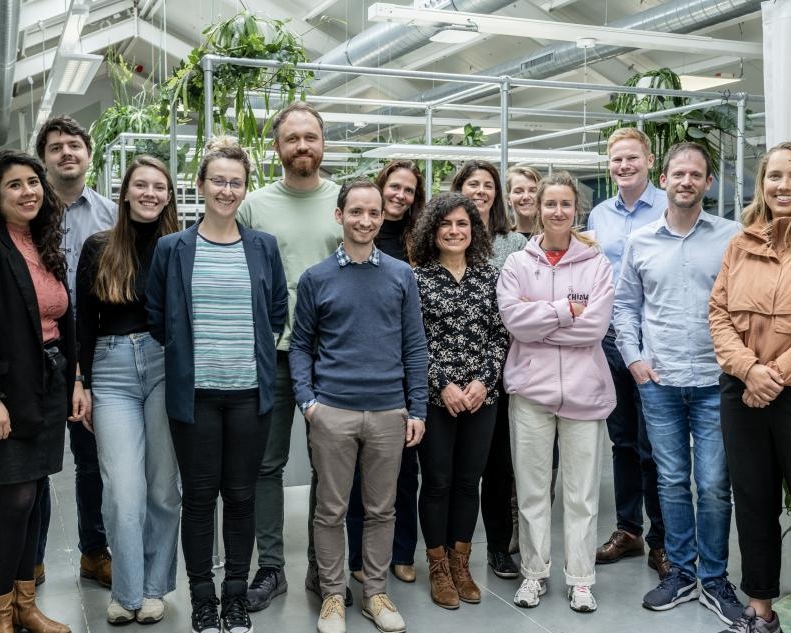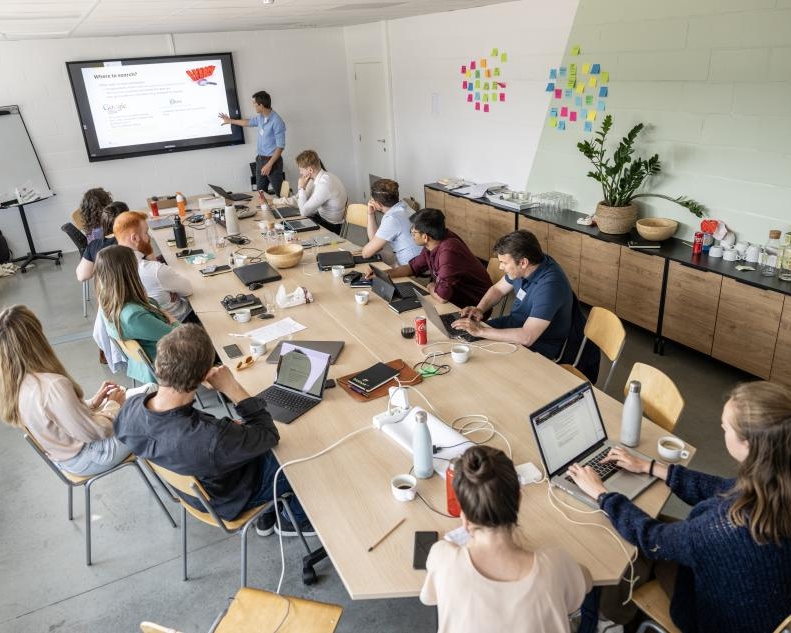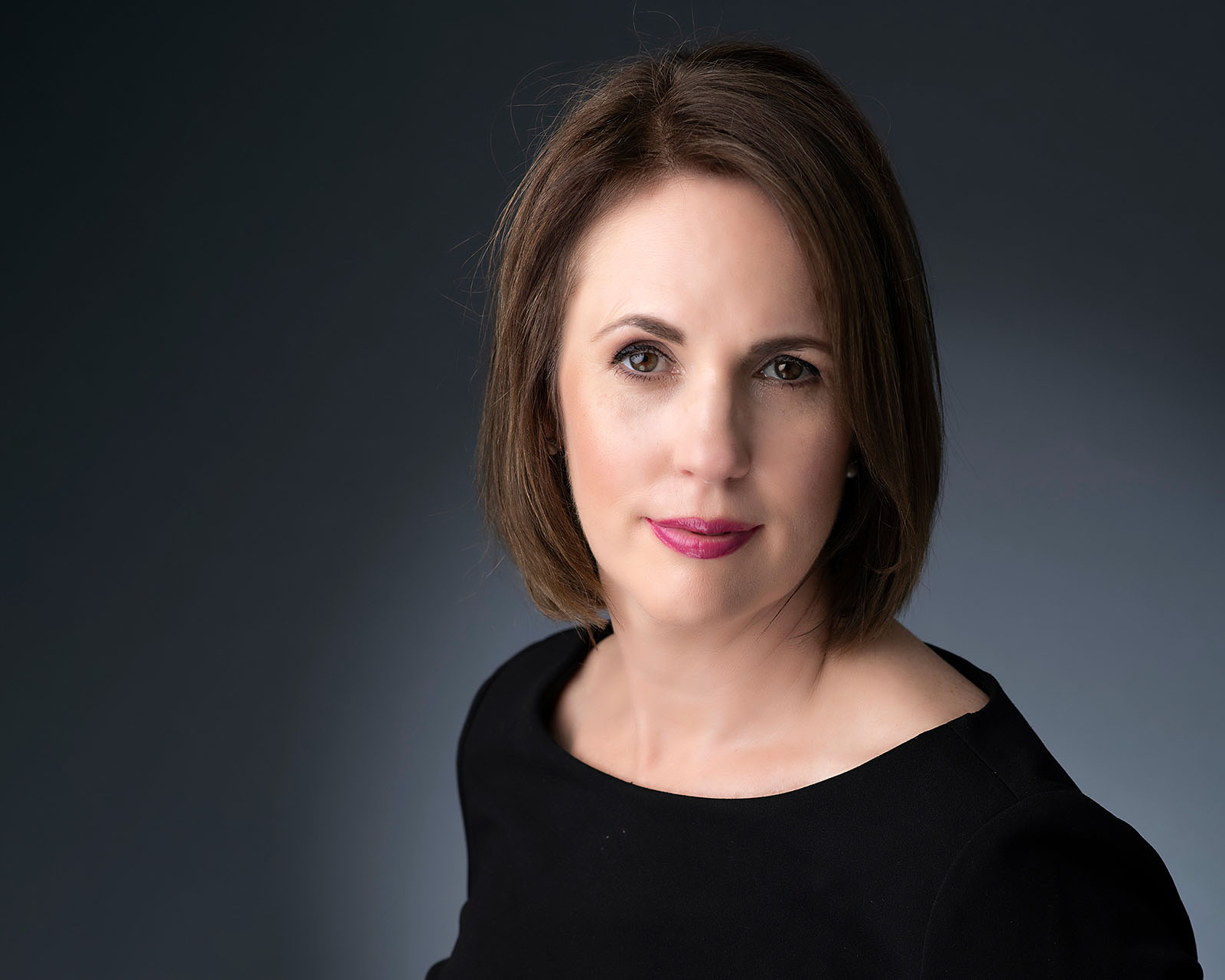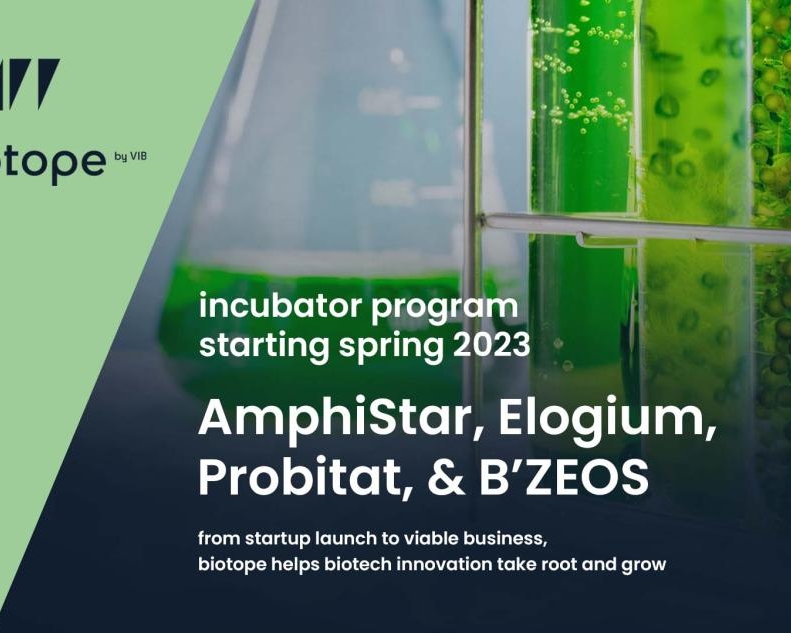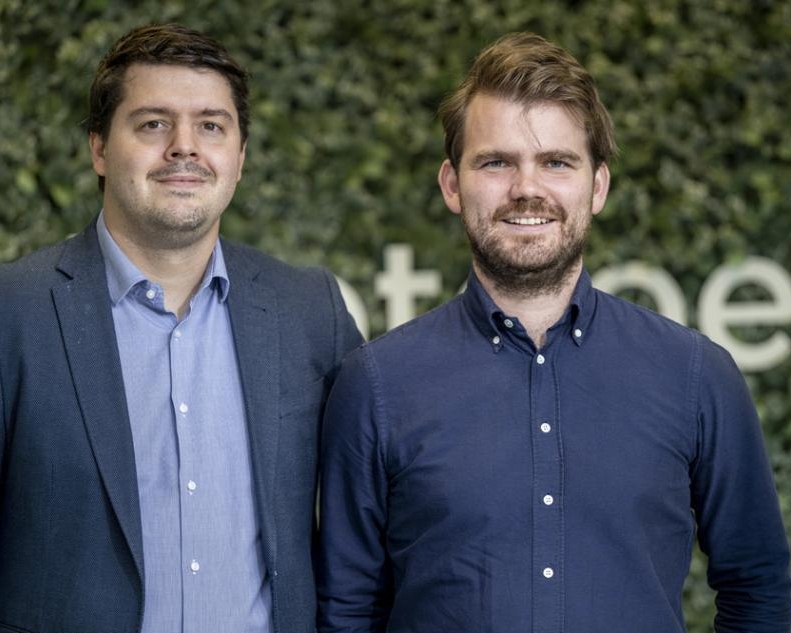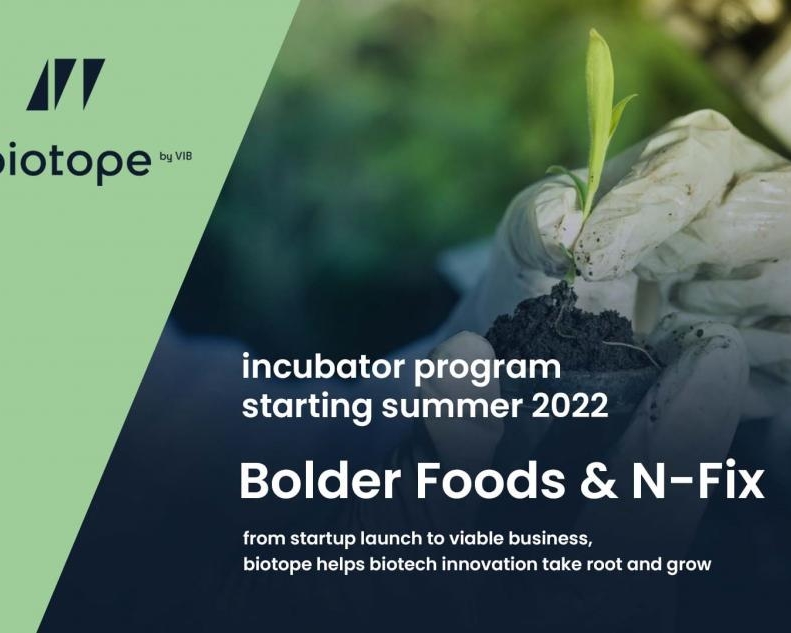- Home
- Startup news
- Typcal is brewing the future of pragmatic protein
Typcal is brewing the future of pragmatic protein
While the food industry grapples with the compromises of plant-based alternatives and the distant promise of lab-grown meat, a Brazilian scaleup is brewing a practical solution. Using fermentation processes to grow protein in just 24 hours—protein that can blend seamlessly into existing foods—Typcal's bet is simple: instead of forcing dramatic changes, make regular food a little more sustainable and a little more nutritious.
When plant-based went wrong
In 2021, Paulo Ibri felt a sense of disillusionment with the industry he had so enthusiastically joined a few years earlier. After launching his own plant-based meat company a few years earlier, he watched the sector chase scale at the expense of what mattered. “I felt the plant-based industry went down a different path, especially in terms of healthiness. The products emerging were often loaded with fat and sodium and a long list of ingredients that were barely better nutritionally than the meat they sought to replace,” he says.
Lab-grown meat seemed promising in theory, but Ibri’s business instincts told him it was a dead end. “You can’t tell a consumer to stop buying real meat and instead buy lab meat that is ten times more expensive,” he explains. In his home country of Brazil, where quality beef costs just $5-6 per kilo, the math simply didn’t work.
So Ibri started looking for a third path. What he found was mycelium, the underground network that mushrooms grow from. “To some people, I say we are ‘brewing’ mycelium. Then they can visualize it, like beer in a brewery with fermenters,” he explains.
The perfect partnership
Meanwhile at the Federal University of Paraná, biotechnology professor Eduardo Sydney was expressing his own restlessness. He’d been working with mycelium for packaging but was keen on trying something in the food industry—an industry he simply didn’t know much about.
When their mutual investor realized he was talking to two halves of the same idea, the introduction was inevitable. “From the first meeting, everything went very well, and we decided to join forces,” Ibri says. It was February 2021, and Typcal was born from the recognition that breakthrough innovations require both technical depth and market savvy.
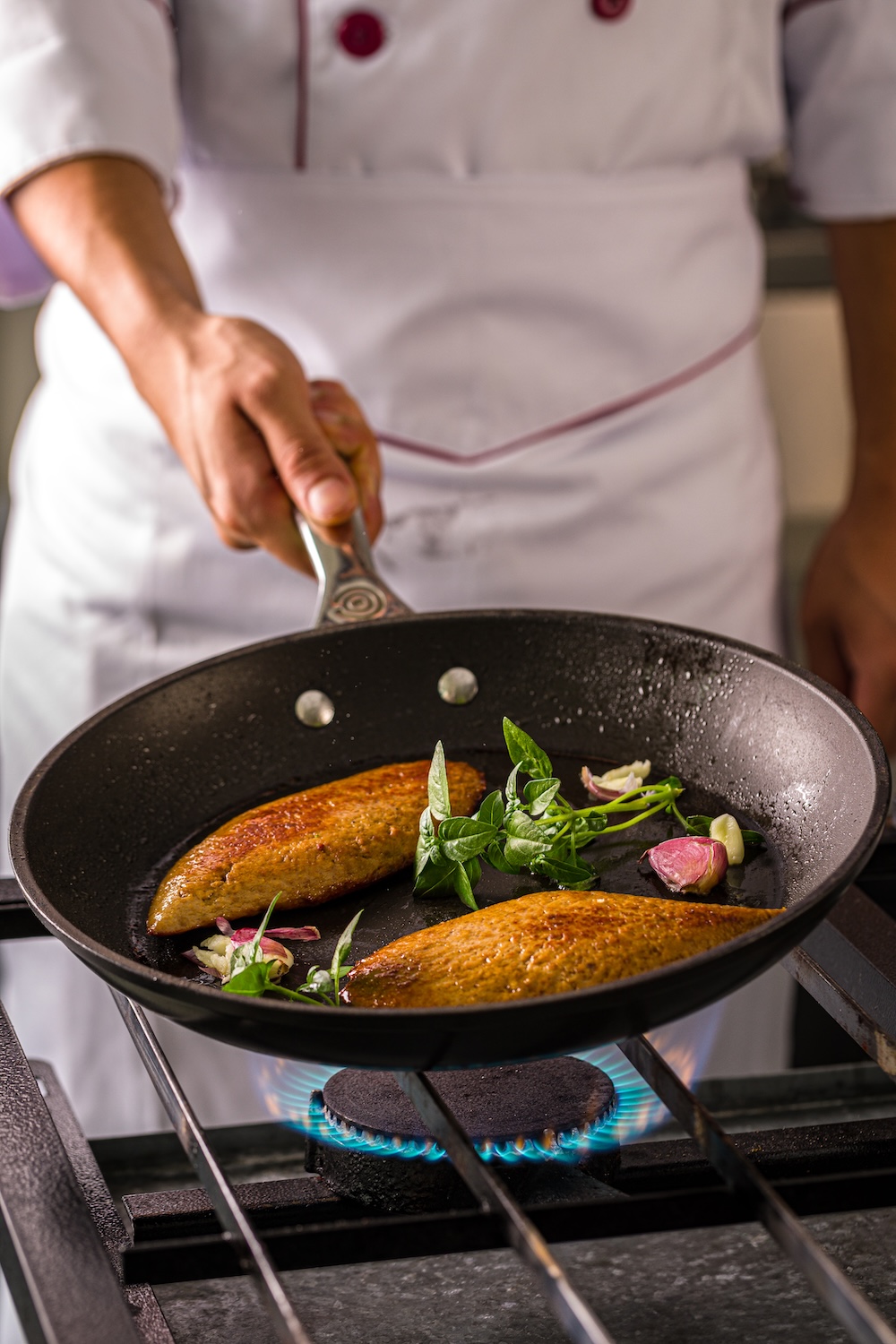
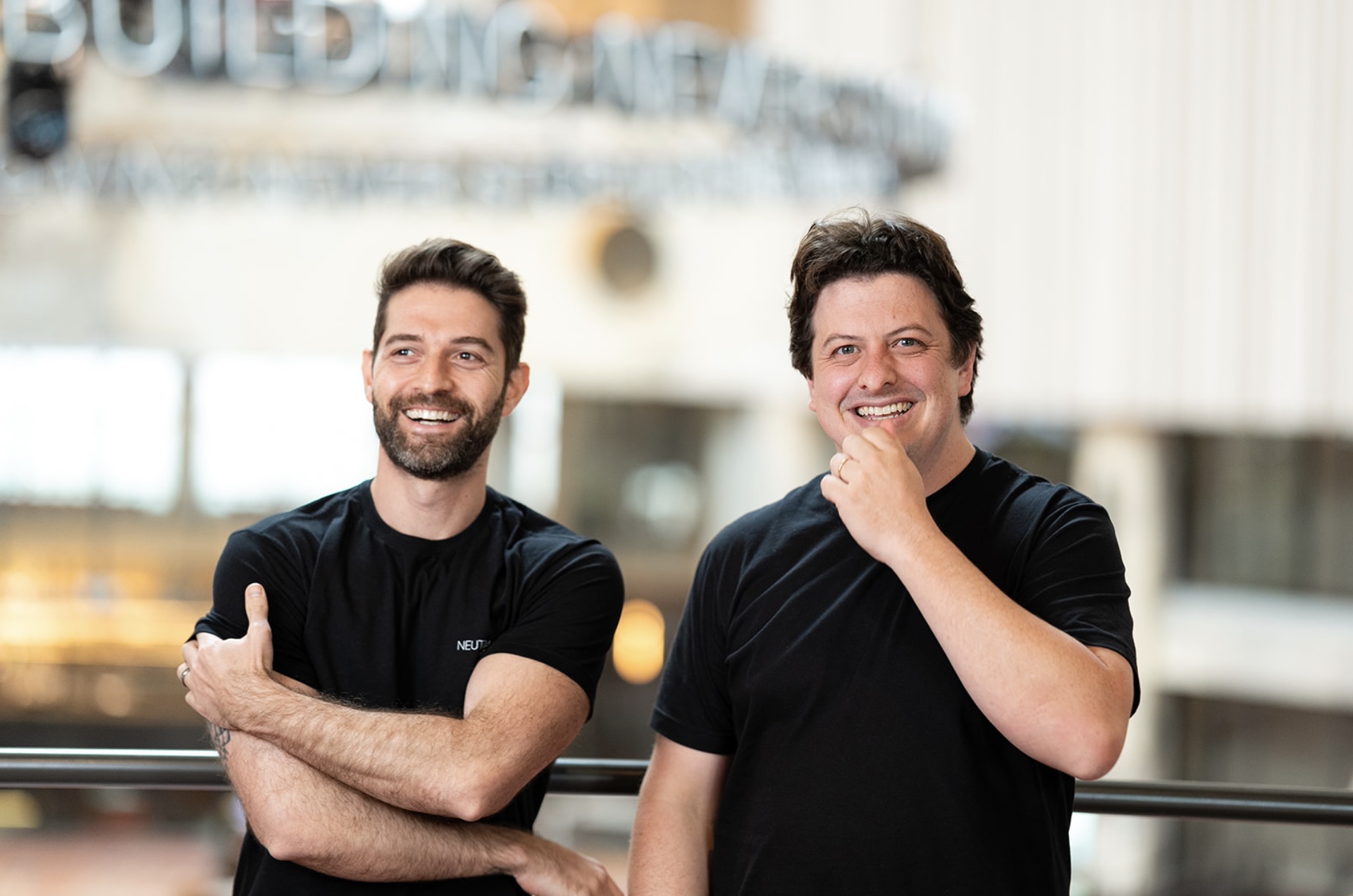
“If we get everyone to reduce their meat consumption by 5%, we’ll have a much bigger impact than any plant-based company trying to eliminate meat from one’s diet.”
Paulo Ibri, co-founder Typcal
Protein in 24 hours
What makes Typcal’s approach unique isn’t just what they make, but how fast they make it. Their patented fermentation process produces mycelium in just 24 hours. From their fermentation tanks emerge two products: fresh biomass that looks and feels remarkably like chicken, and a versatile protein powder.
The fresh biomass solves a major headache that has plagued the plant-based category. “Unlike soy and pea, which lack fibrous structure, mycelium has a natural texture like chicken that lets us make whole cuts,” Sydney explains. The result is a chicken breast made with just three ingredients instead of the fifteen typically found in plant-based products.
Further opportunities lie in hybrid products. Because the biomass is rich in protein and fiber, very tasty and flavor-neutral, you can combine it with real meat, keeping the taste while cutting fat and cholesterol and meat use in half.
The protein powder opens up entirely different possibilities and is a core part of Typcal’s strategy as an ingredient company. The protein can be added to almost anything from bread to snacks.
“If we can help create a croissant with just 0.01% of mycelium in its formula, it’s already a huge volume, much bigger than selling a plant-based hamburger,” Ibri notes.
The philosophy that emerged alongside the technology was elegantly practical. “Our belief at Typcal is to help people improve their nutritional intake and reduce their meat consumption a little, without needing to cut it out completely,” Ibri says. “If we get everyone to reduce their meat consumption by 5%, we’ll have a much bigger impact than any plant-based company trying to eliminate meat from one’s diet.”
From Brazil to Belgium
Global ambition was baked into Typcal from the beginning. They initially planned European operations in the Netherlands, but a chance encounter with the Belgian trade commission changed everything, and they set their sights on Belgium.
The trade commission pointed them toward biotope, and despite being more mature than typical basecamp participants (Typcal had completed two funding rounds and was building their scale-up facility), they saw the strategic value.
“When we think about Typcal in Europe, we are at a very early stage,” Sydney explains. “We don’t yet know all the players and corporations, and we realized that biotope could help us a lot.”
When they actually came to participate in the basecamp program, everything clicked.
The program delivered exactly what a sophisticated company needed: practical, hands-on guidance rather than theoretical frameworks. The intellectual property workshop helped them navigate protecting innovations across jurisdictions. Even more valuable was learning European business practices. “Signing a legal agreement in Europe has a completely different format from Latin America. It was a huge learning experience,” Ibri says.
“When we went to Ghent, that was the final move because we fell in love with the city as well,” Sydney adds.
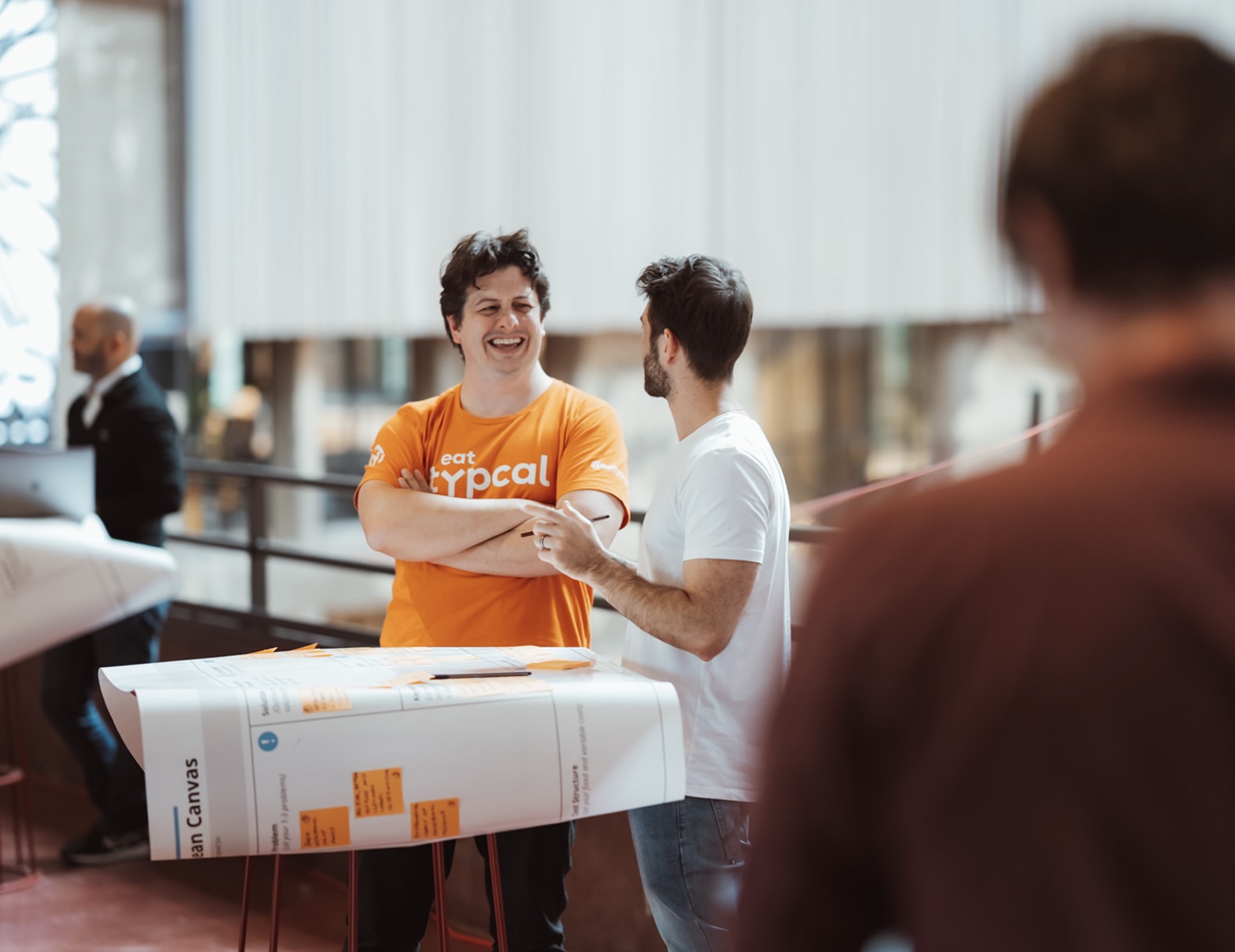
The ascent begins
Now, as an official portfolio company, their collaboration with biotope centers on two critical pillars. First is R&D, leveraging Belgium’s deep biotechnology expertise through VIB, University of Ghent, and other local partners for product development unavailable elsewhere.
The second pillar is go-to-market strategy. “biotope will help us a lot with getting to know the players and making connections,” Ibri explains. It’s network acceleration at its most practical—not just introductions, but strategic relationship building with the corporates and partners who will ultimately scale their ingredient across European food production.
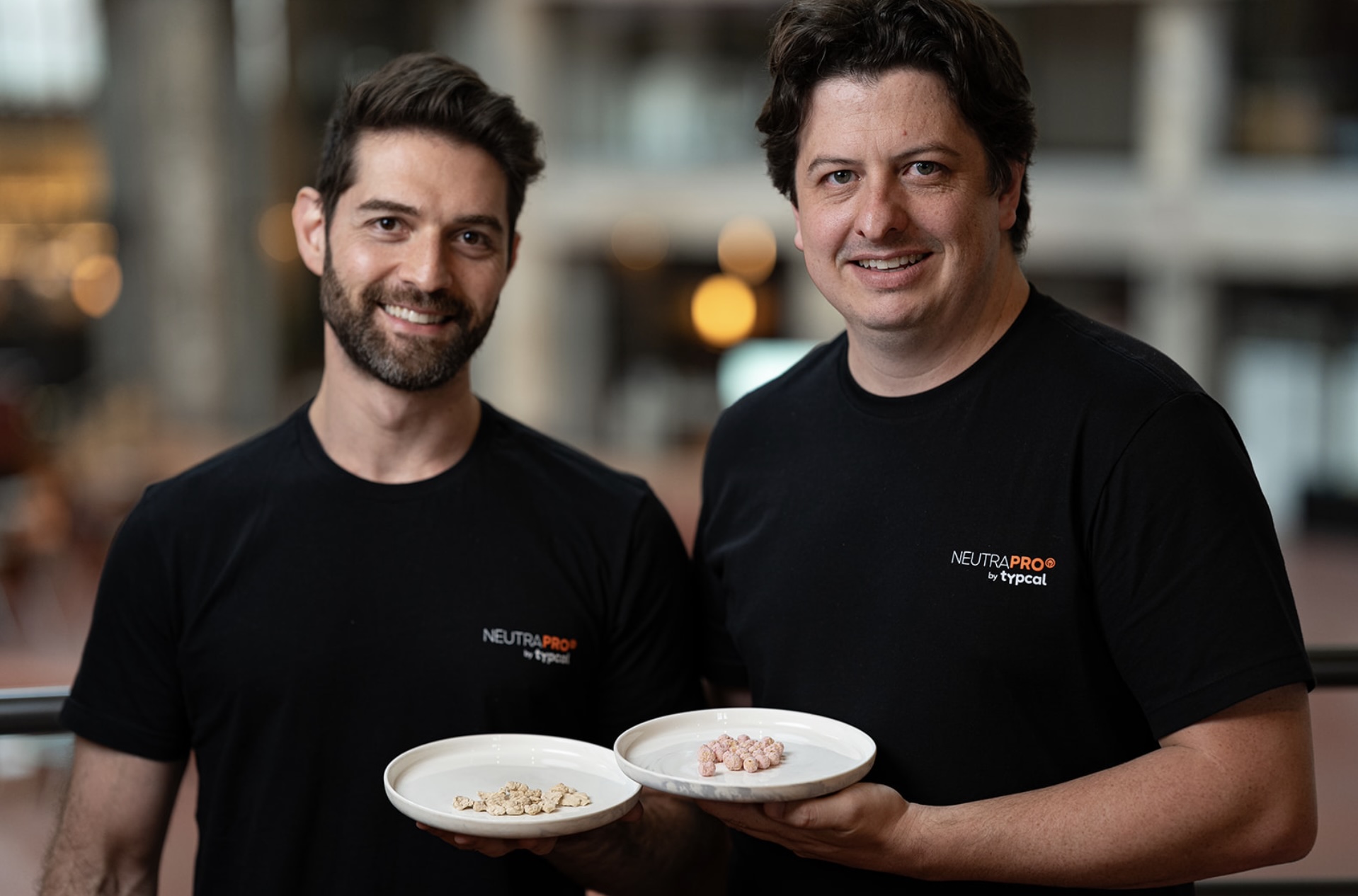
Brewing the future
The timeline is aggressive: Typcal aims to have their Brazilian facility ready by November, European sales early next year. Production remains in Brazil for economic reasons, but the most advanced R&D will happen in Ghent.
When asked about ultimate plans, Ibri grins and jokes: “To conquer the world!” But behind the humor lies genuine ambition backed by a modest approach. They’re not trying to convert vegans or compete with lab meat on price. They’re offering food companies a way to make existing products better—more protein, more sustainable—without asking consumers to change habits.
It’s a pragmatic revolution, and perhaps exactly what the food industry needs. Steady improvement that actually scales.
More News
The fundraising mirage
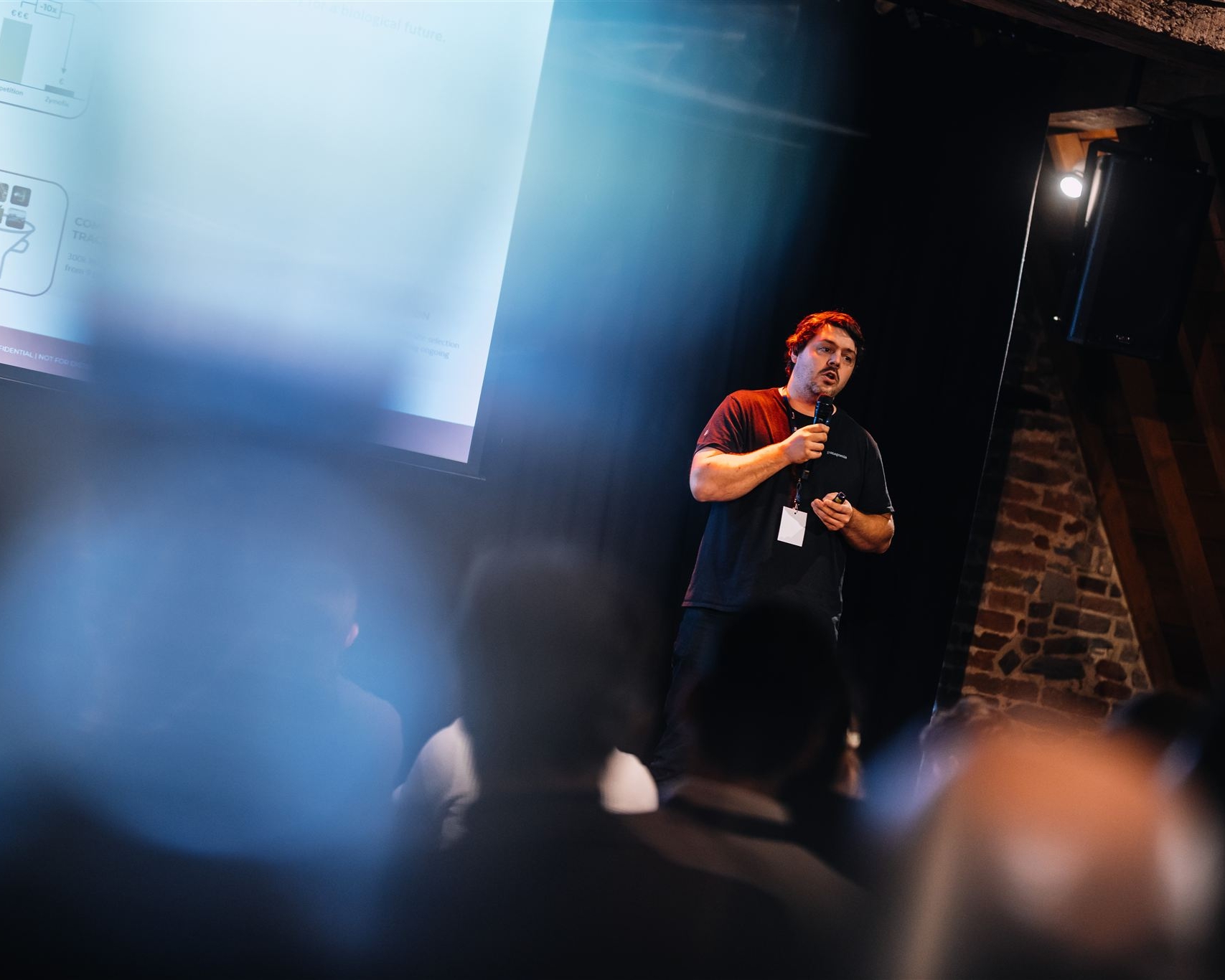
AmphiStar secures €12.5m EIC funding
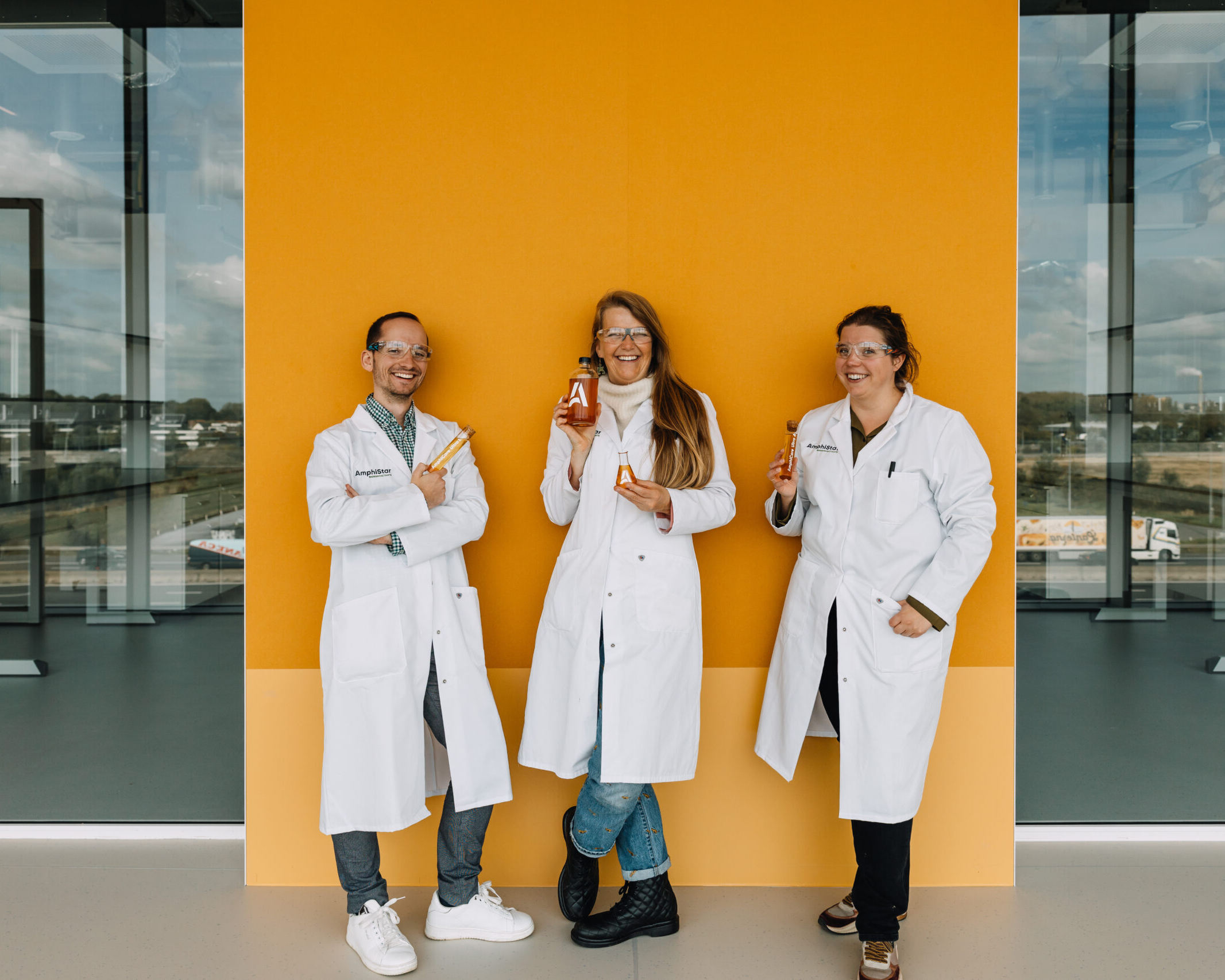
biotope recap: Summer edition
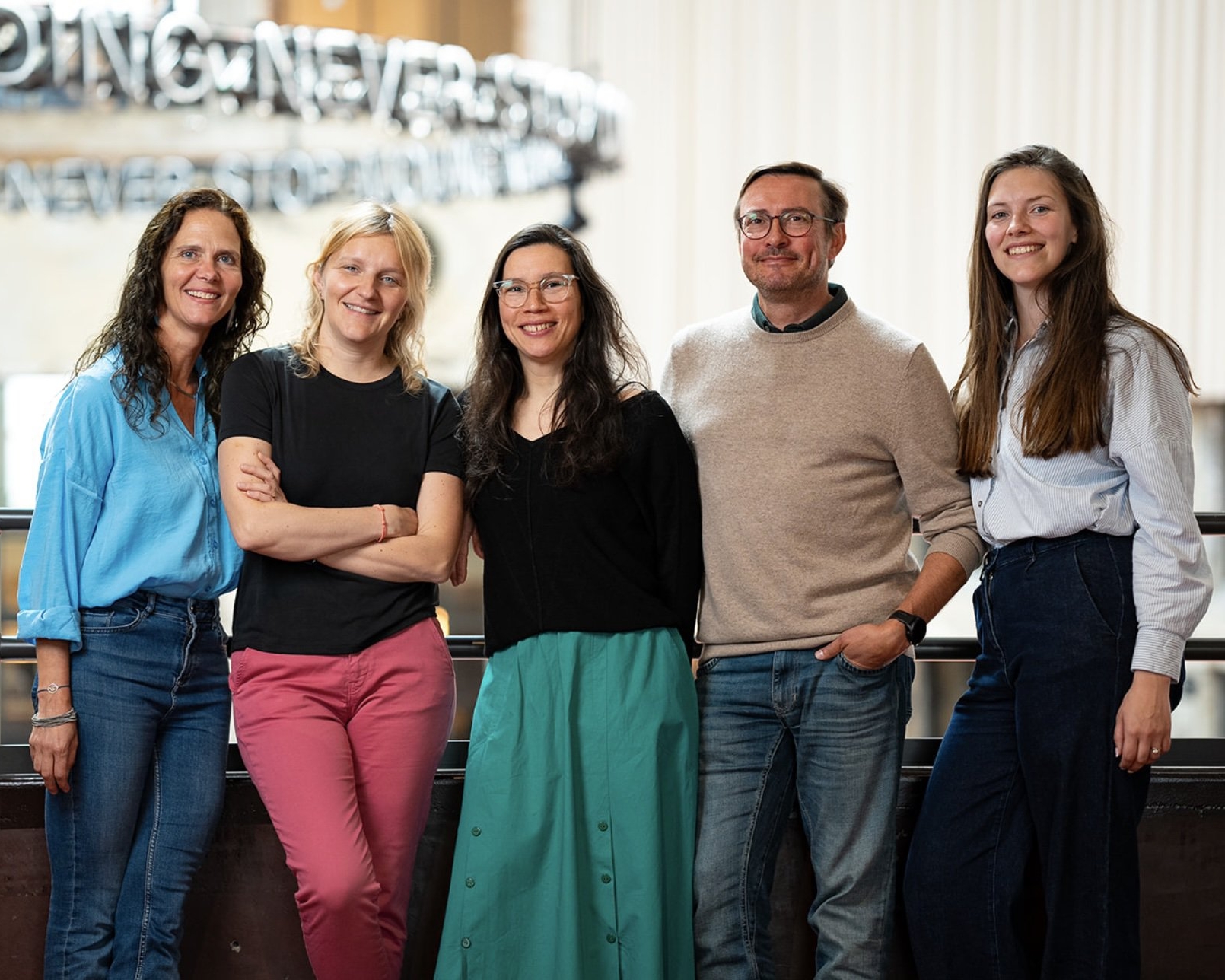
Annick Verween on the VCo2 podcast

2024 wrapped
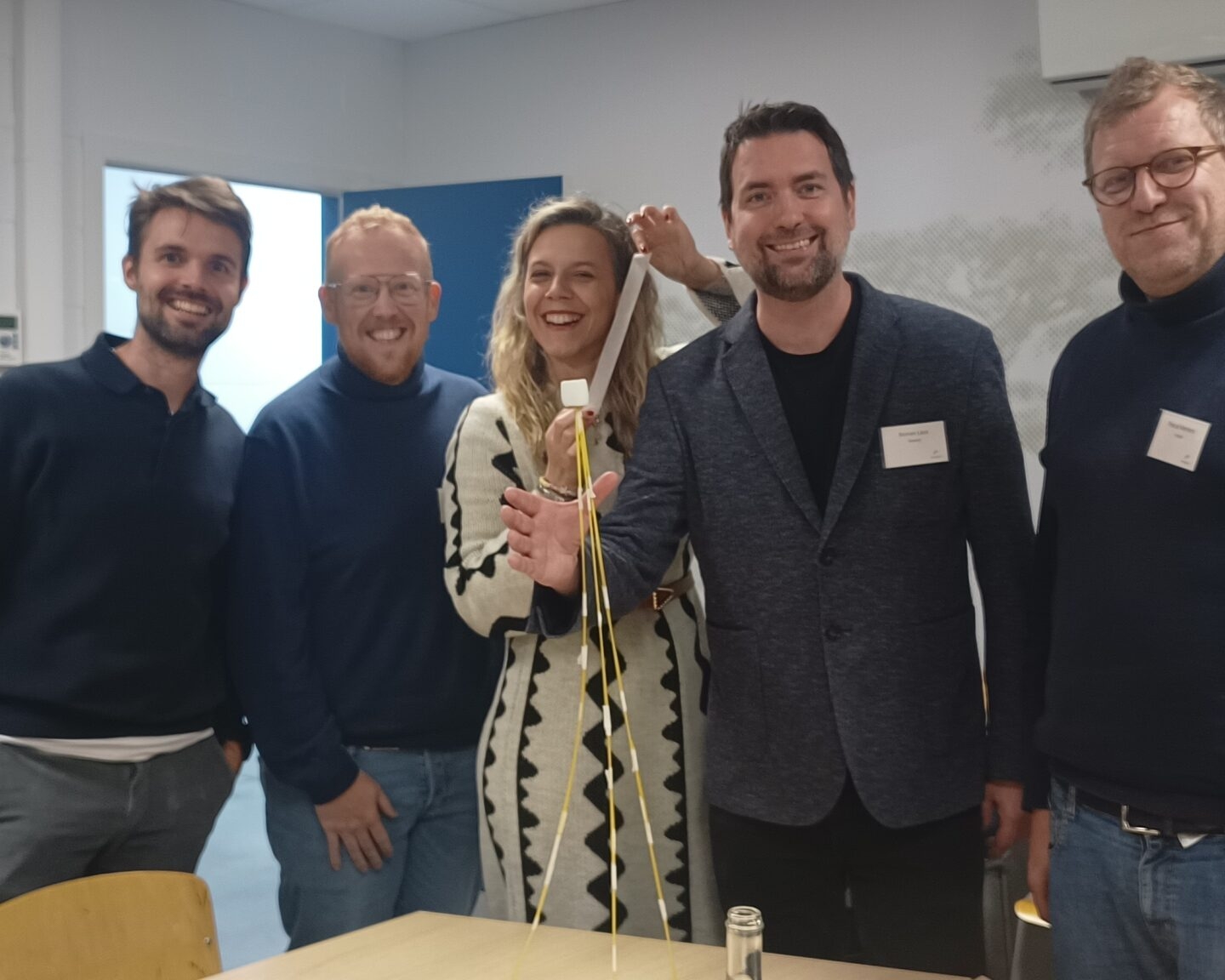
Networking with cohort six
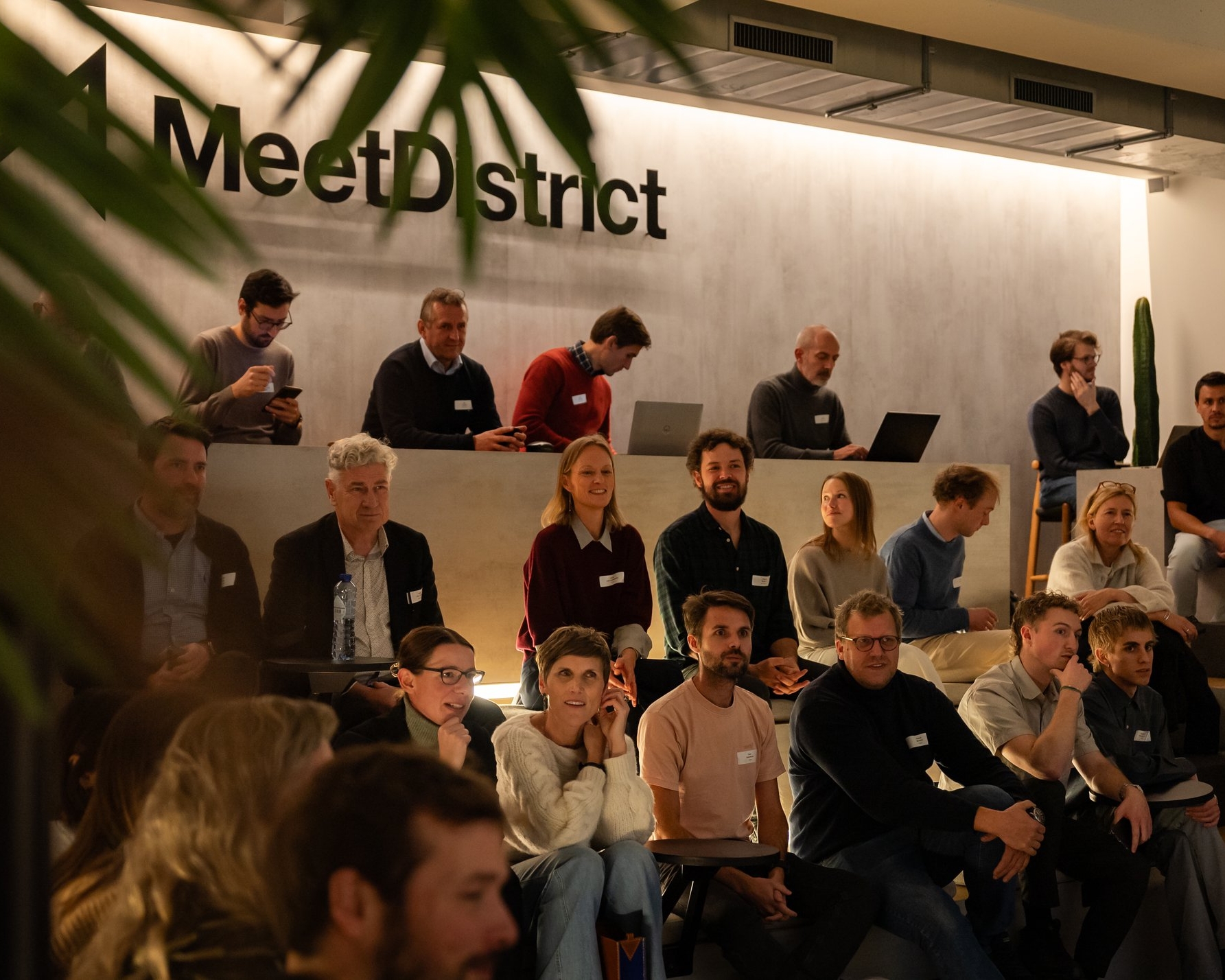
B’ZEOS celebrates seed round milestone
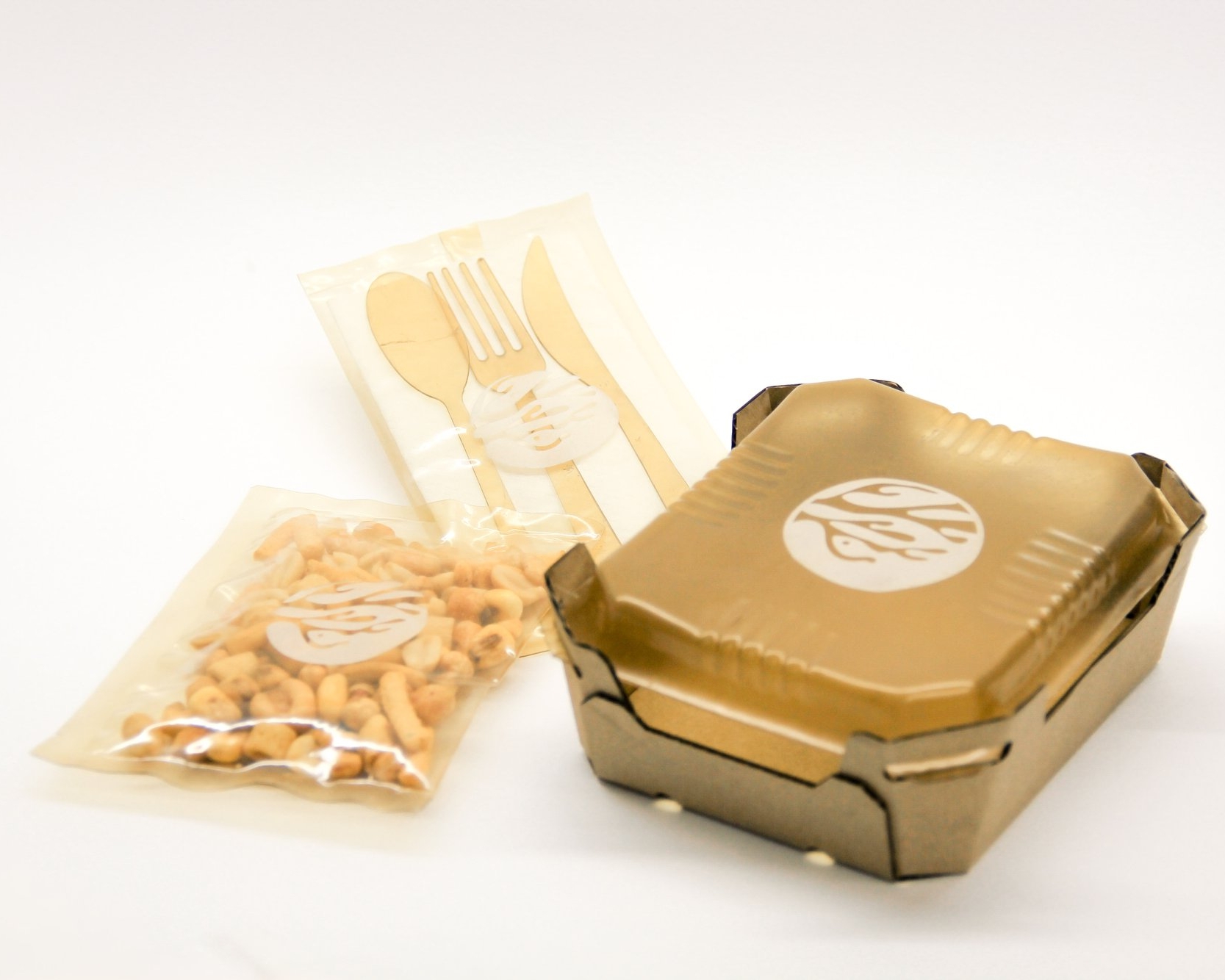
Tackling food waste at its source
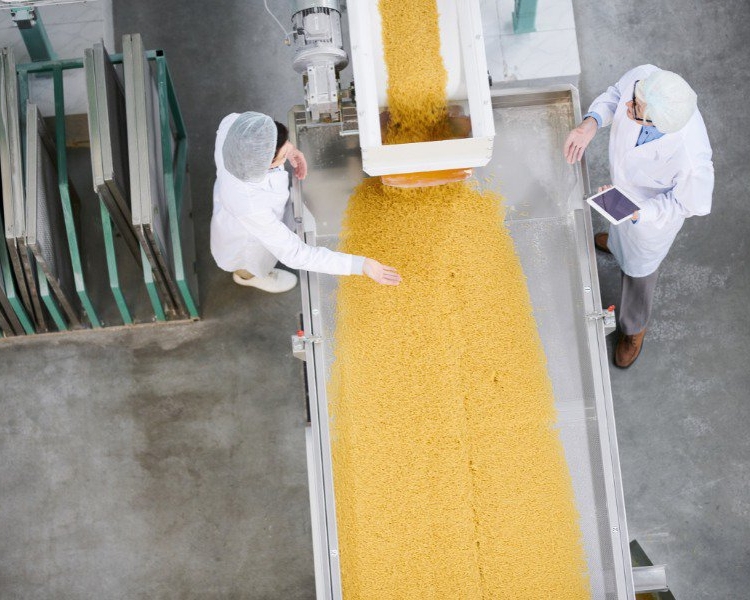
The value of good mentors
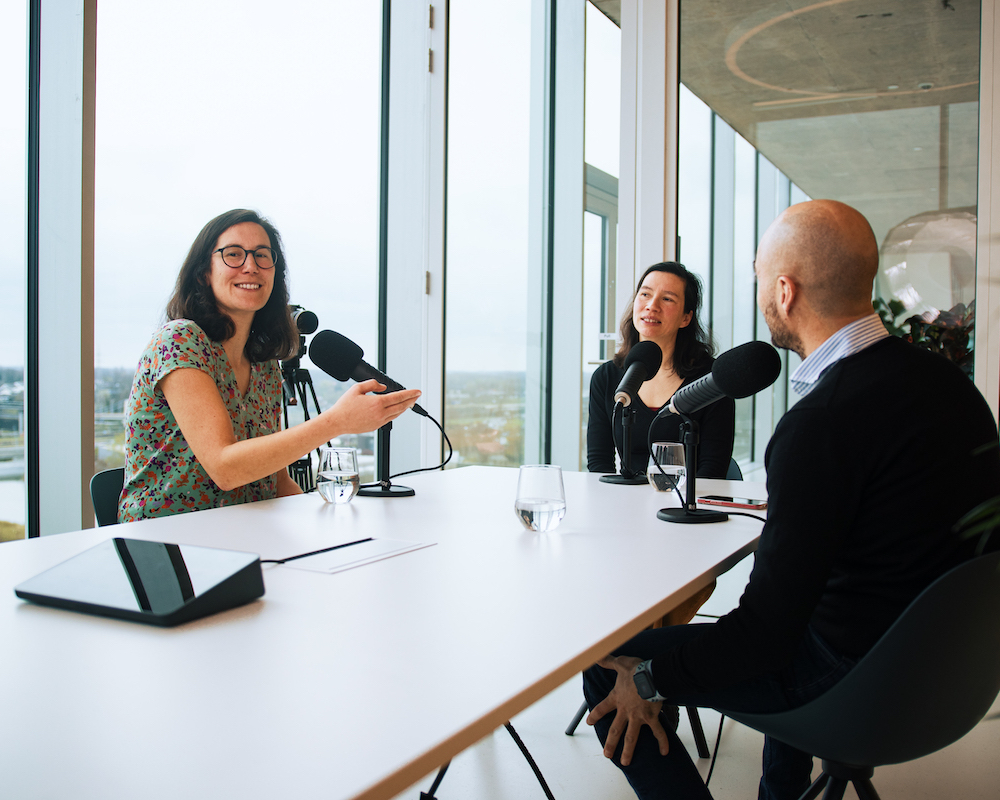
Meet our Spring ‘24 cohort
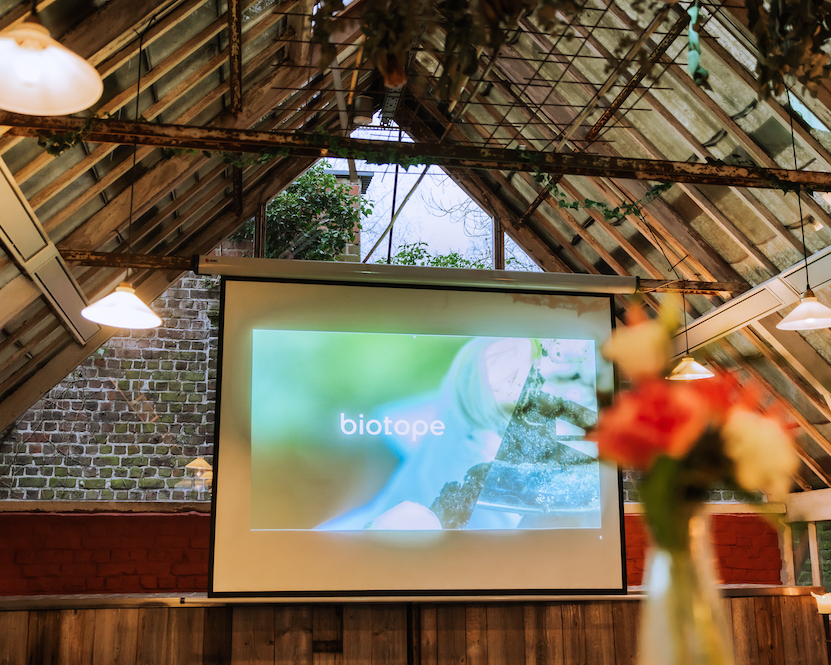
His son’s allergy turned this father into a founder
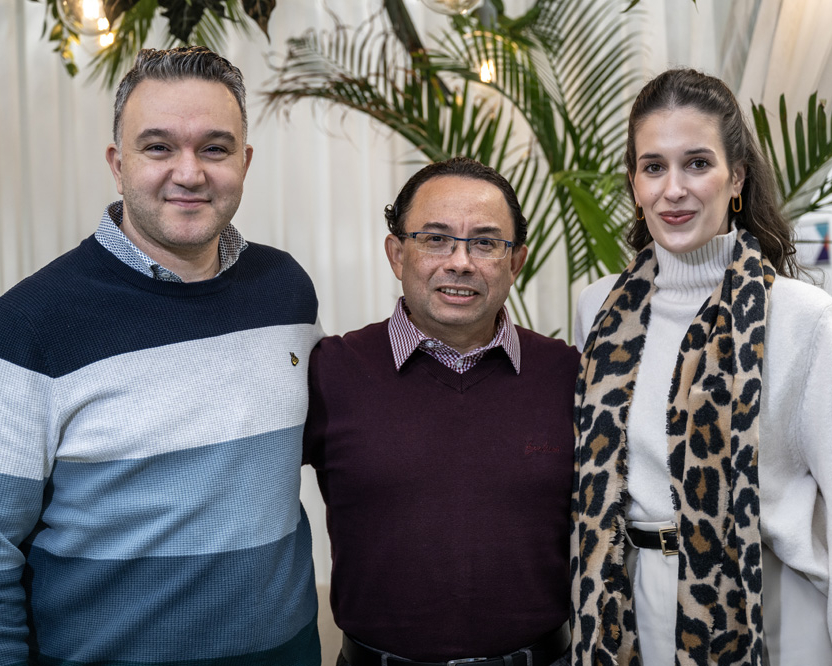
FlyBlast: on a mission to solve meat
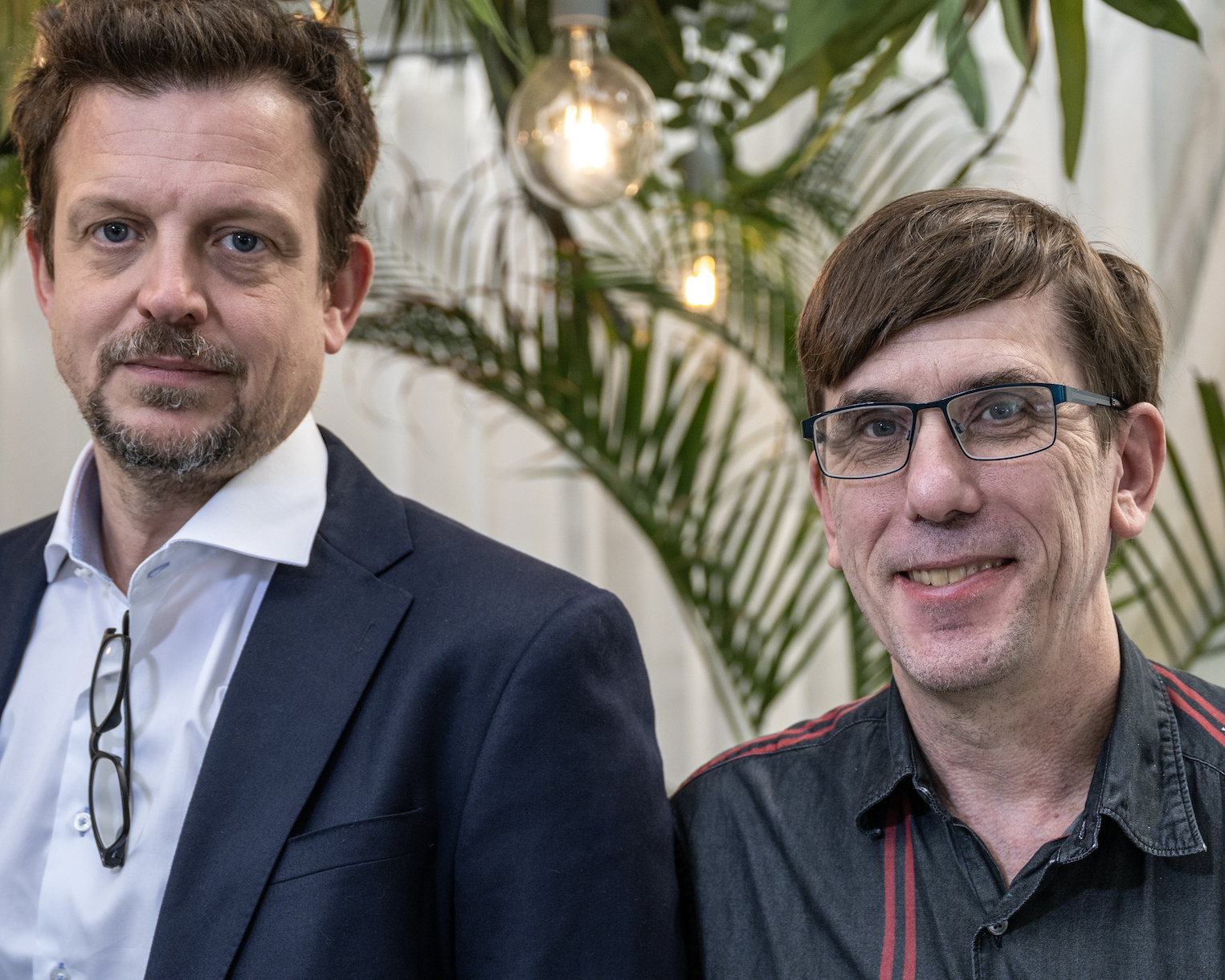
Biosurfactants from food waste? Meet AmphiStar
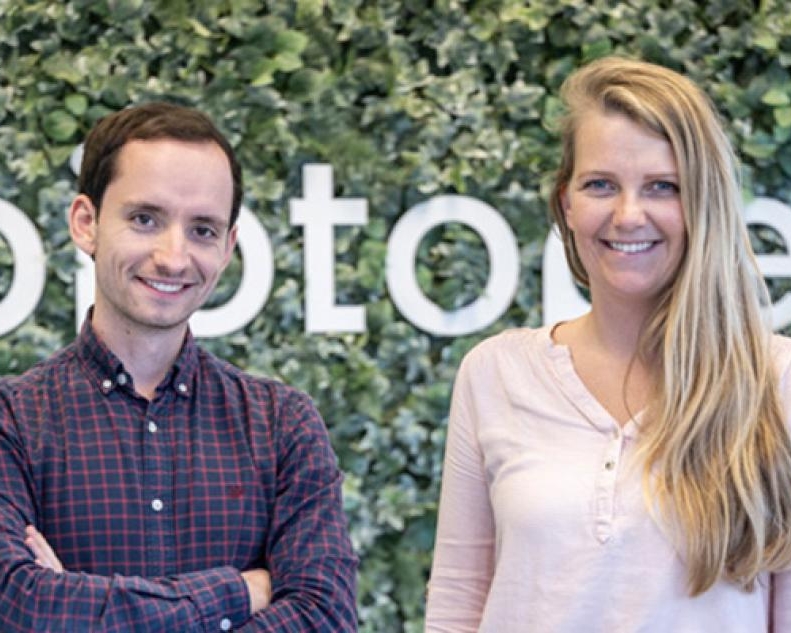
Probitat interview
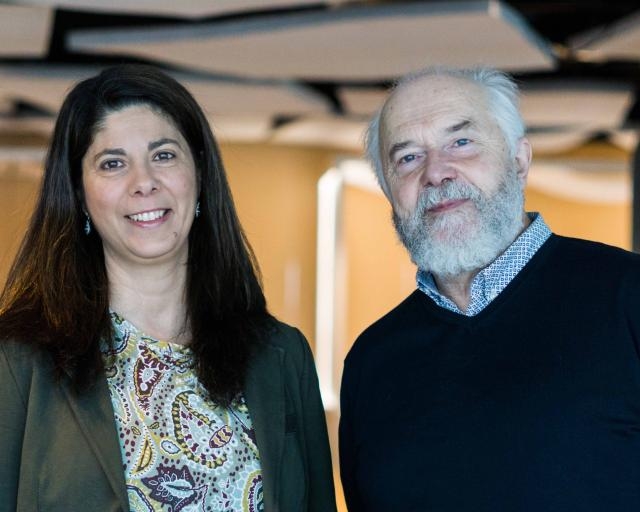
B’ZEOS: sustainable packaging made of seaweed
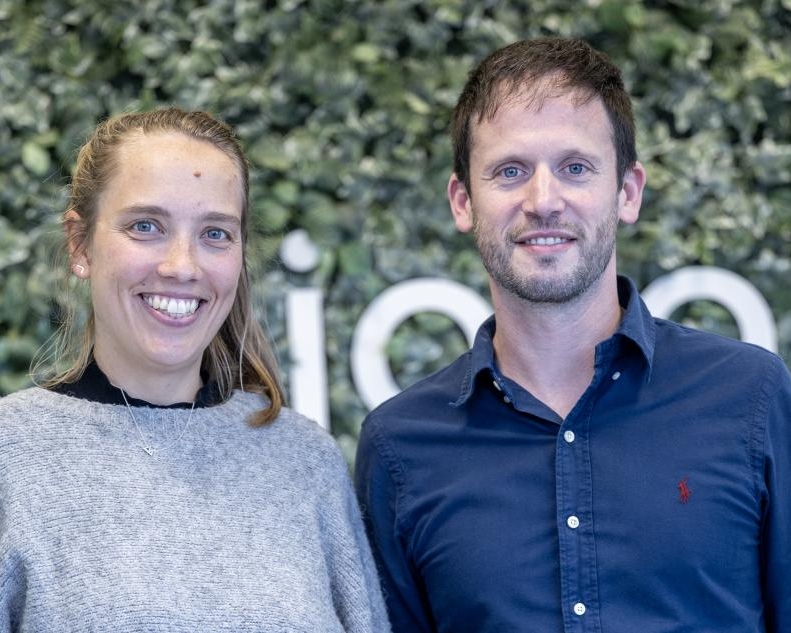
Elogium: Poultry probiotics for safer food
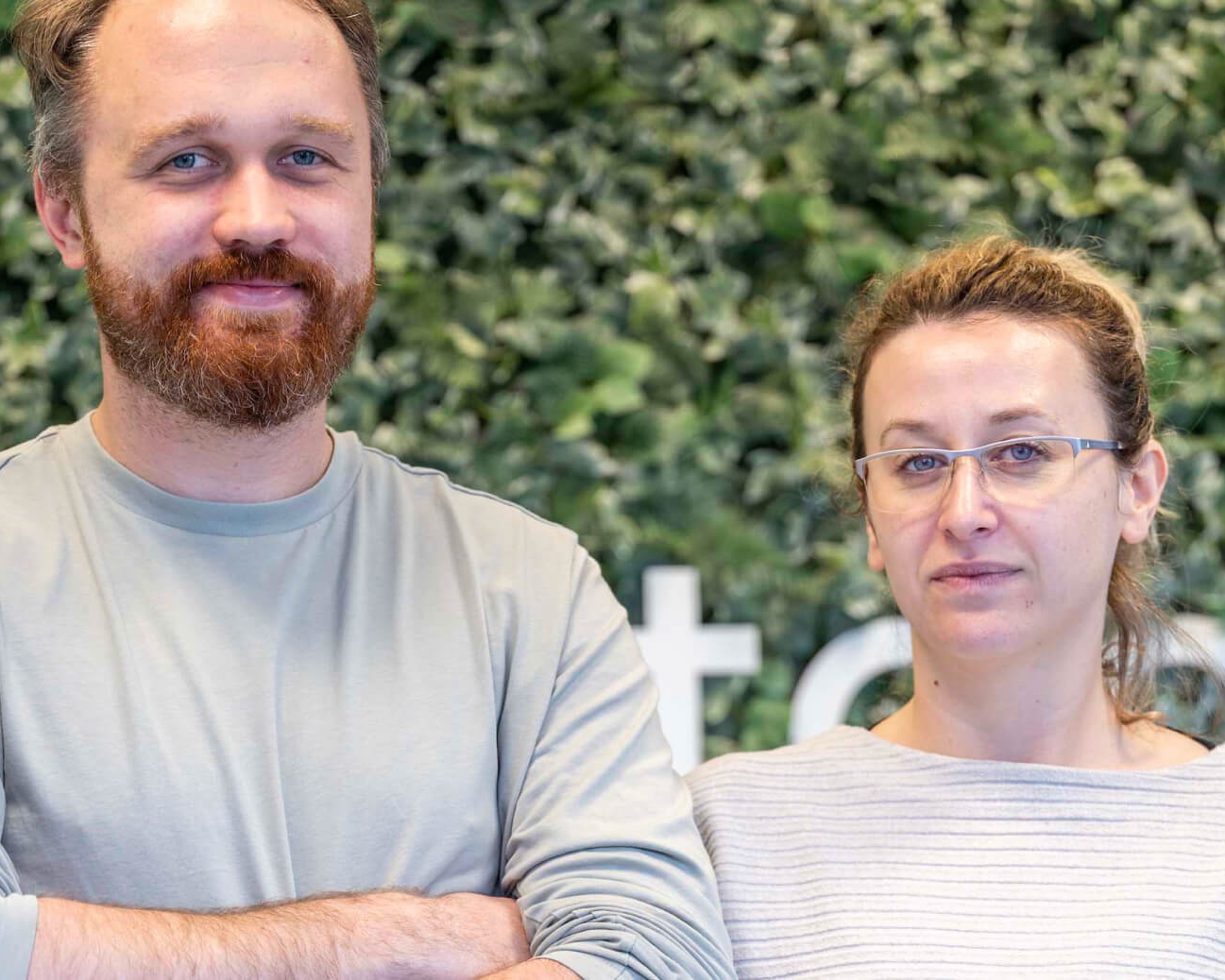
Launch of Biotope ventures fund
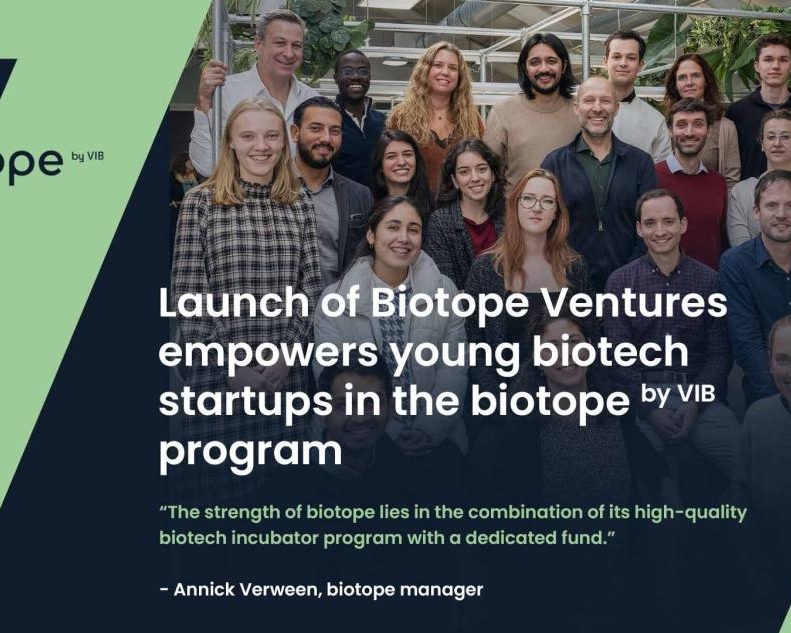
Bolder Foods: non-dairy cheese for a better world
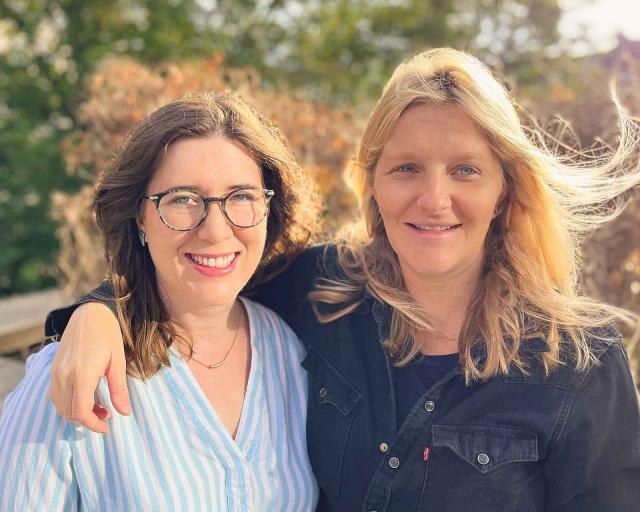
BioVox article
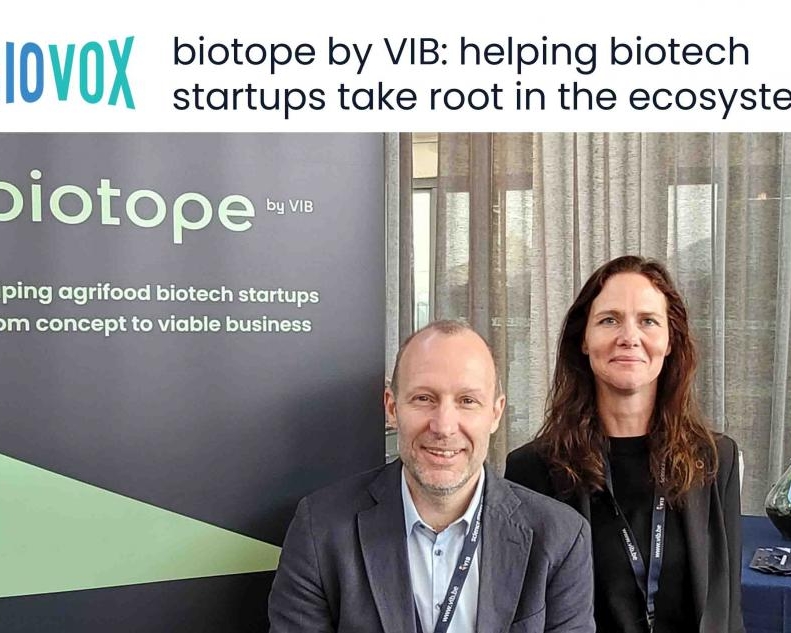
Have you got what it takes?
- Pressure-test your biotech with expert feedback
- Align your team and sharpen your strategy
- Turn your startup into an investment-ready business
